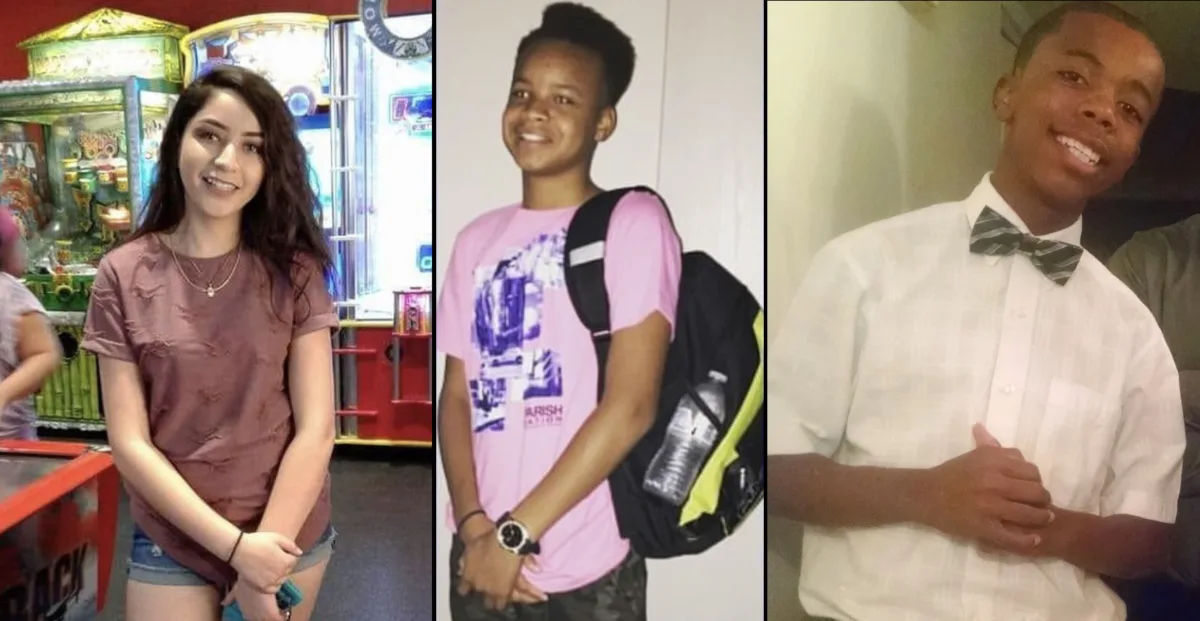
AZ Lawmakers Again Try to Limit Controversial ‘Felony Murder’ Law
The law allows prosecutors to charge people with murder even if they haven’t killed anyone. Multiple people have been imprisoned for killings committed by police.

The law allows prosecutors to charge people with murder even if they haven’t killed anyone. Multiple people have been imprisoned for killings committed by police.
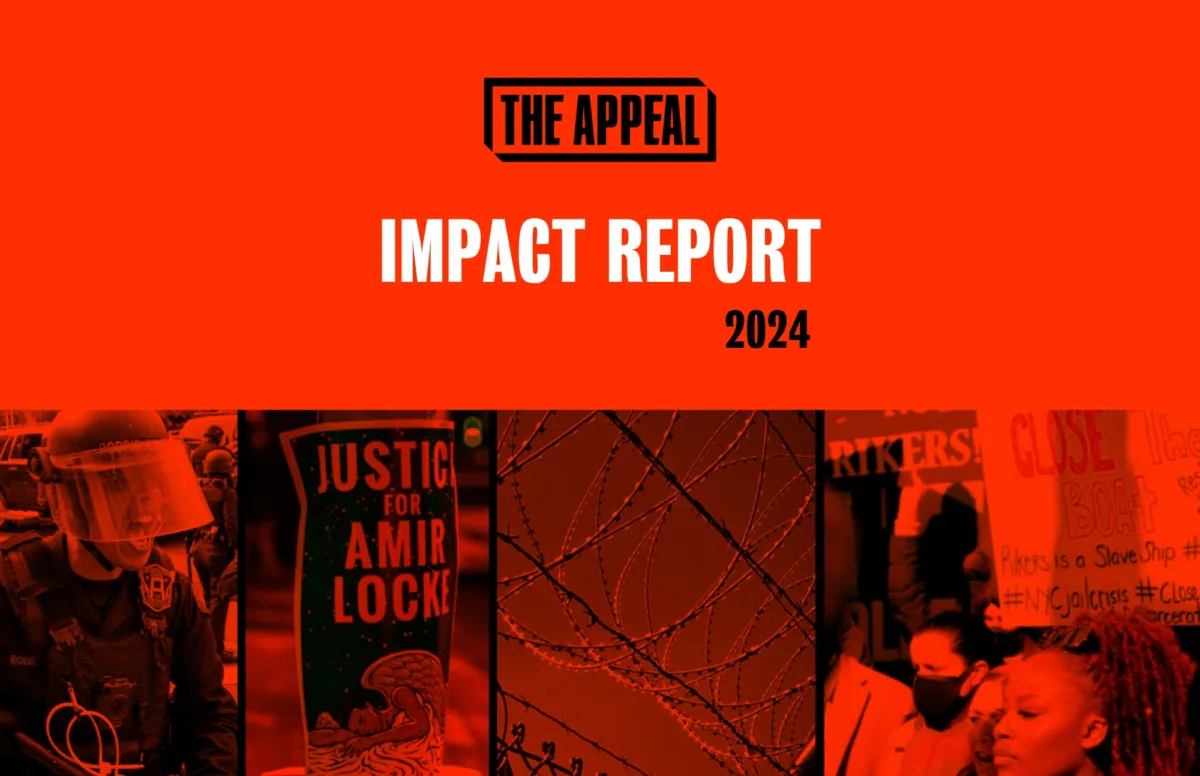
From changing policy to helping people get a shot at freedom, we’re proud of the vital work we published in 2024.
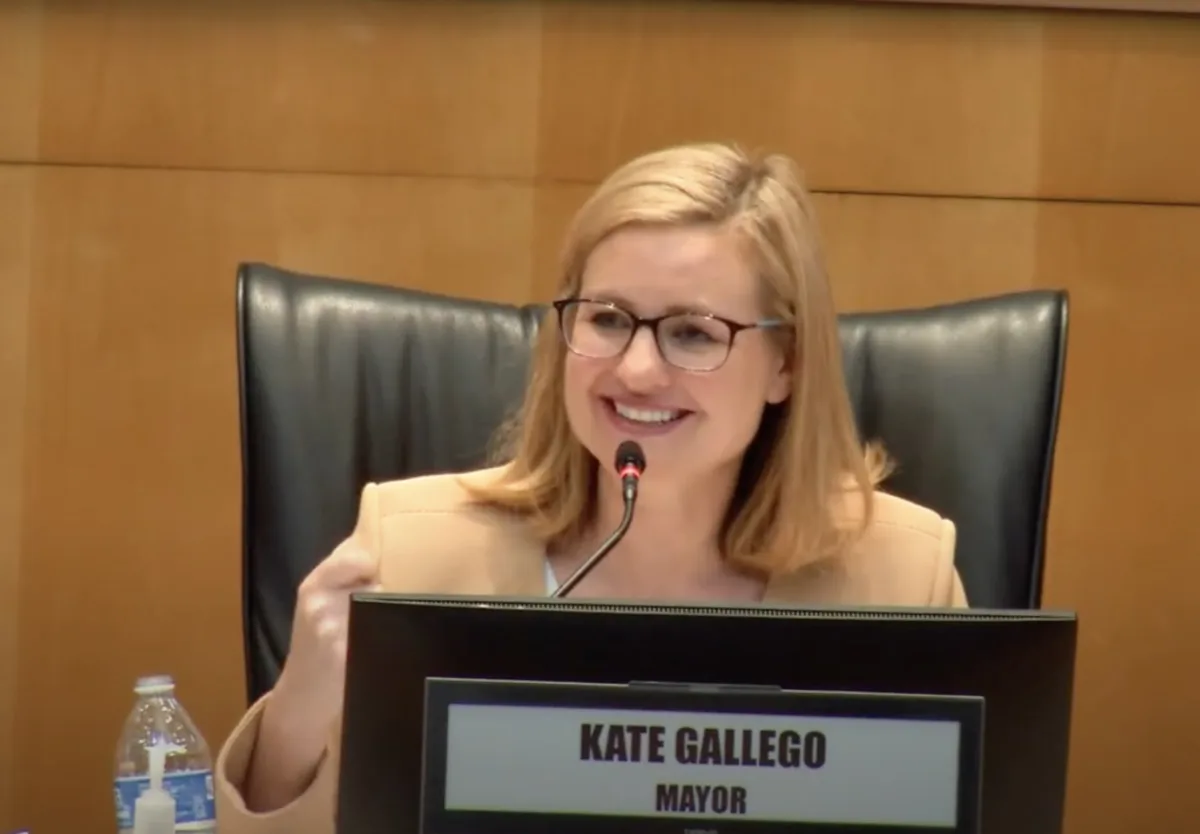
Phoenix’s police chief called the findings of a damning DOJ report “accusations.” City leaders continue to reject federal oversight. They voted to give the police more money instead.
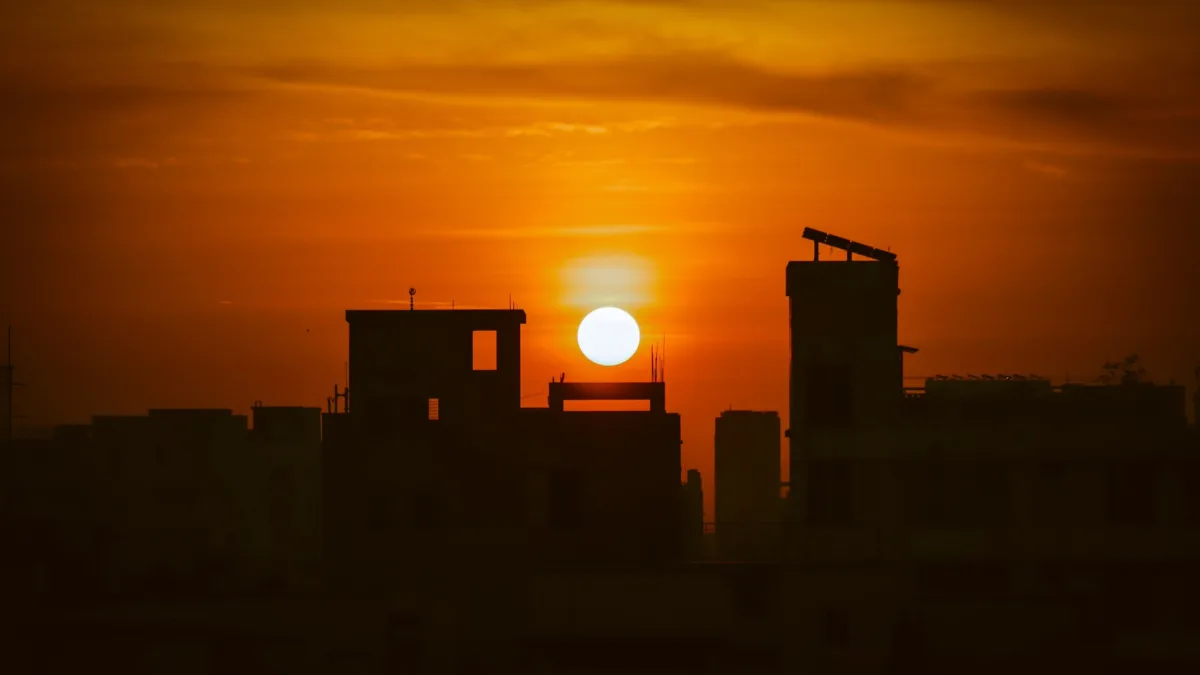
With heat waves sweeping across the country, incarcerated people in states with traditionally milder climates are facing brutal conditions that have long plagued the South and Southwest. A survey by The Appeal reveals that many of the hottest states house prisoners in units without air-conditioning.

After The Appeal published an investigation into the Phoenix Police Department’s killing of 19-year-old Jacob Harris, a community coalition sprung up to help Harris’s three young friends, who are incarcerated for his death. Now, a court has granted the trio a chance to get out of prison.
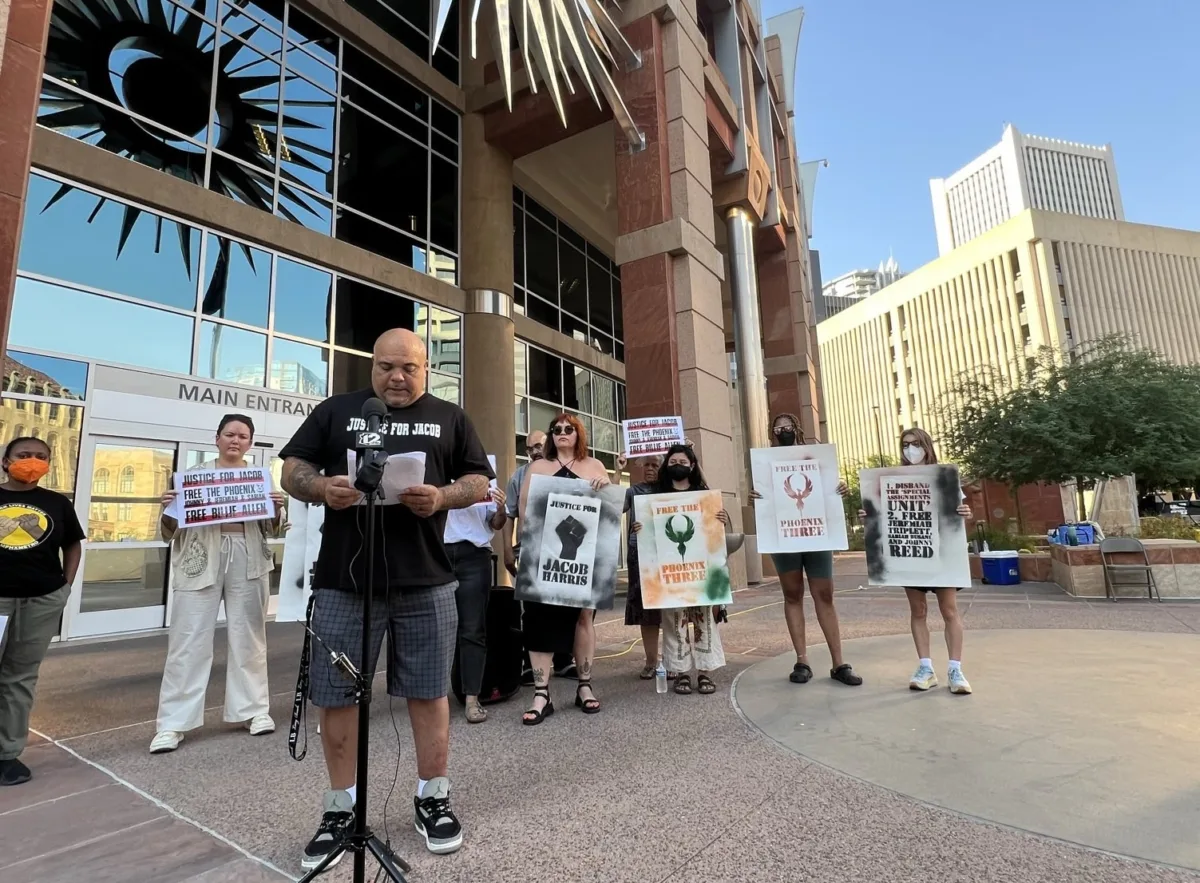
In June, the DOJ said the Phoenix Police Department routinely commits egregious civil rights violations. Community members are demanding change—and the release of three Phoenix youths imprisoned for a murder committed by a police officer.
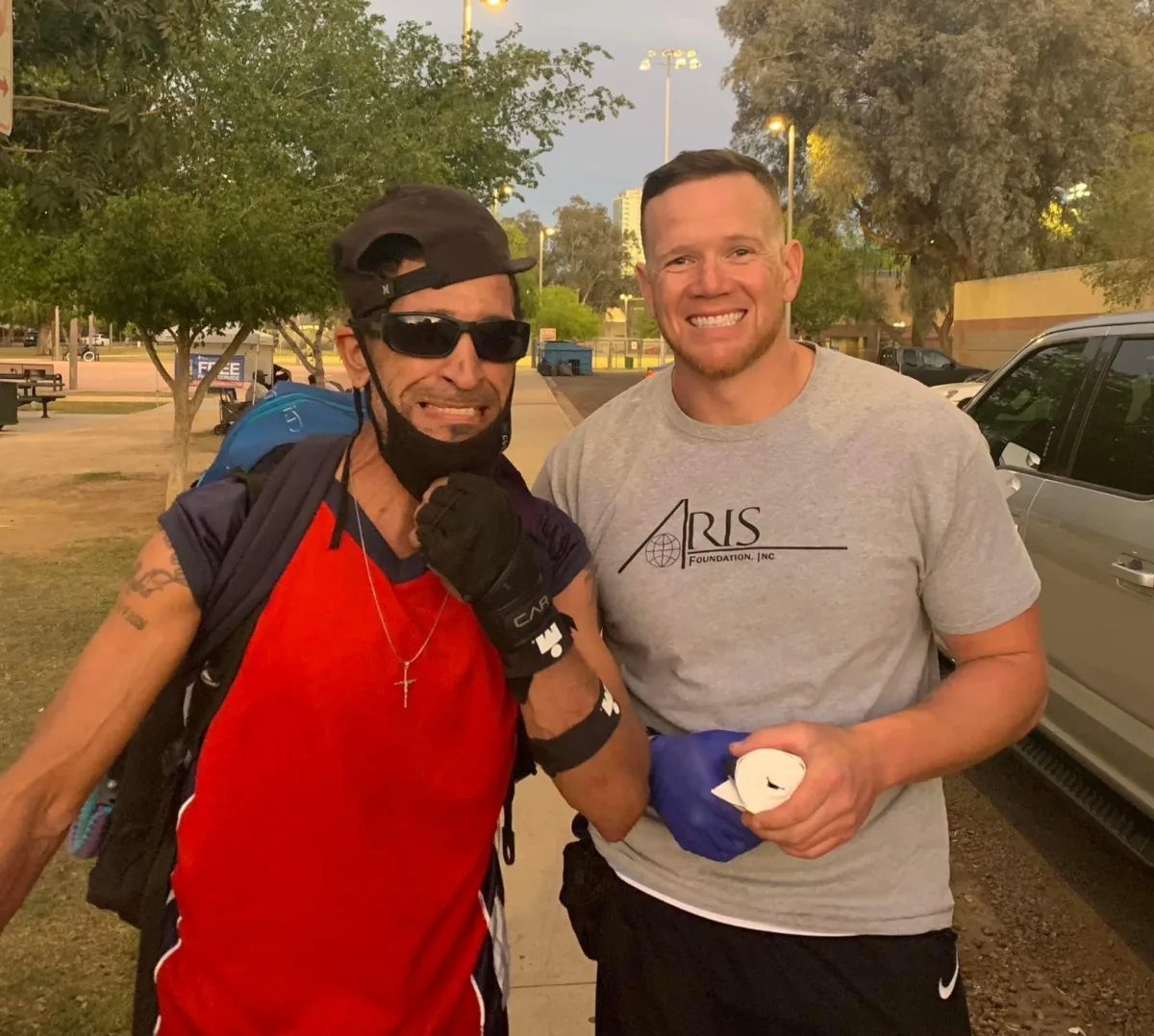
At least 88 unhoused people were killed in Maricopa County, Arizona, between 2021 and 2023. Experts say the deaths are a microcosm of a worrying national trend.

The DOJ said the Phoenix Police Department engages in a stunningly long list of civil rights violations, including using excessive force, discriminating against people of color, hurting children, and harassing the unhoused.
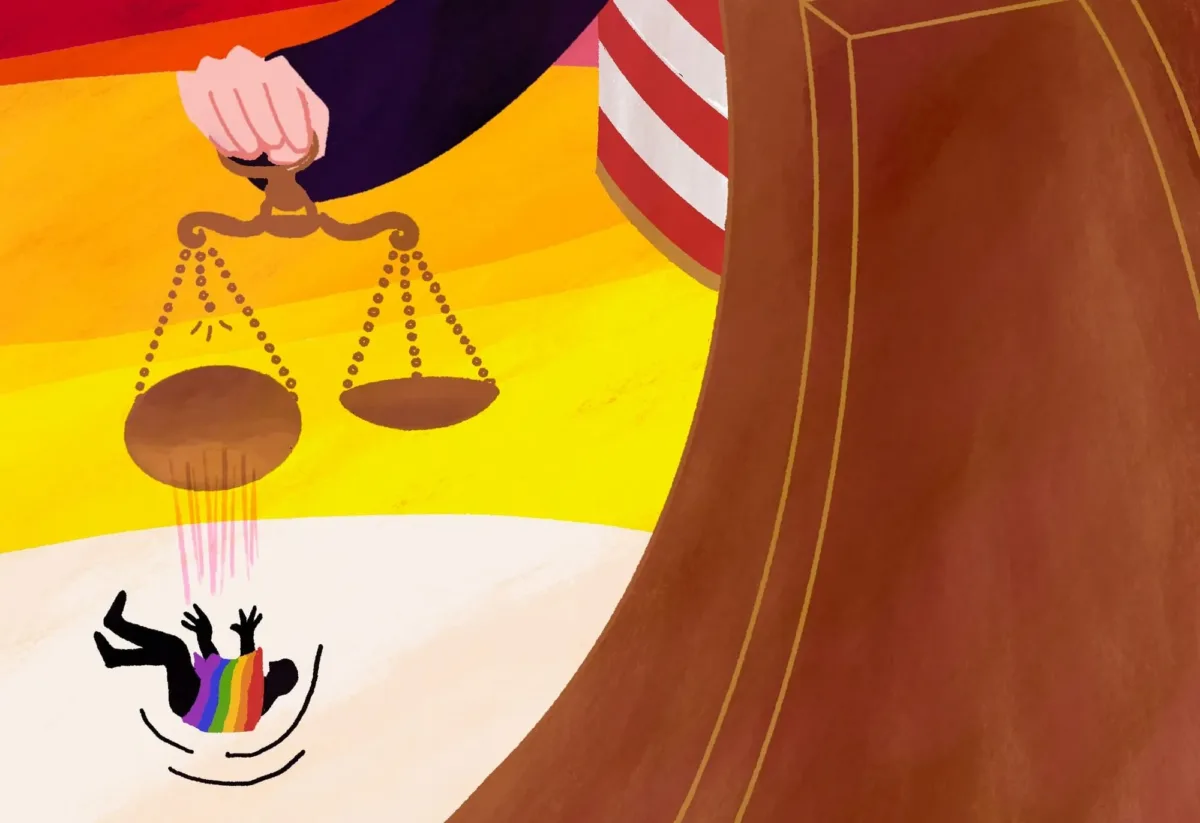
A review of a decades-old case resurfaces questions of judicial bias in Arizona, and is relevant to the state’s current judicial appointees.
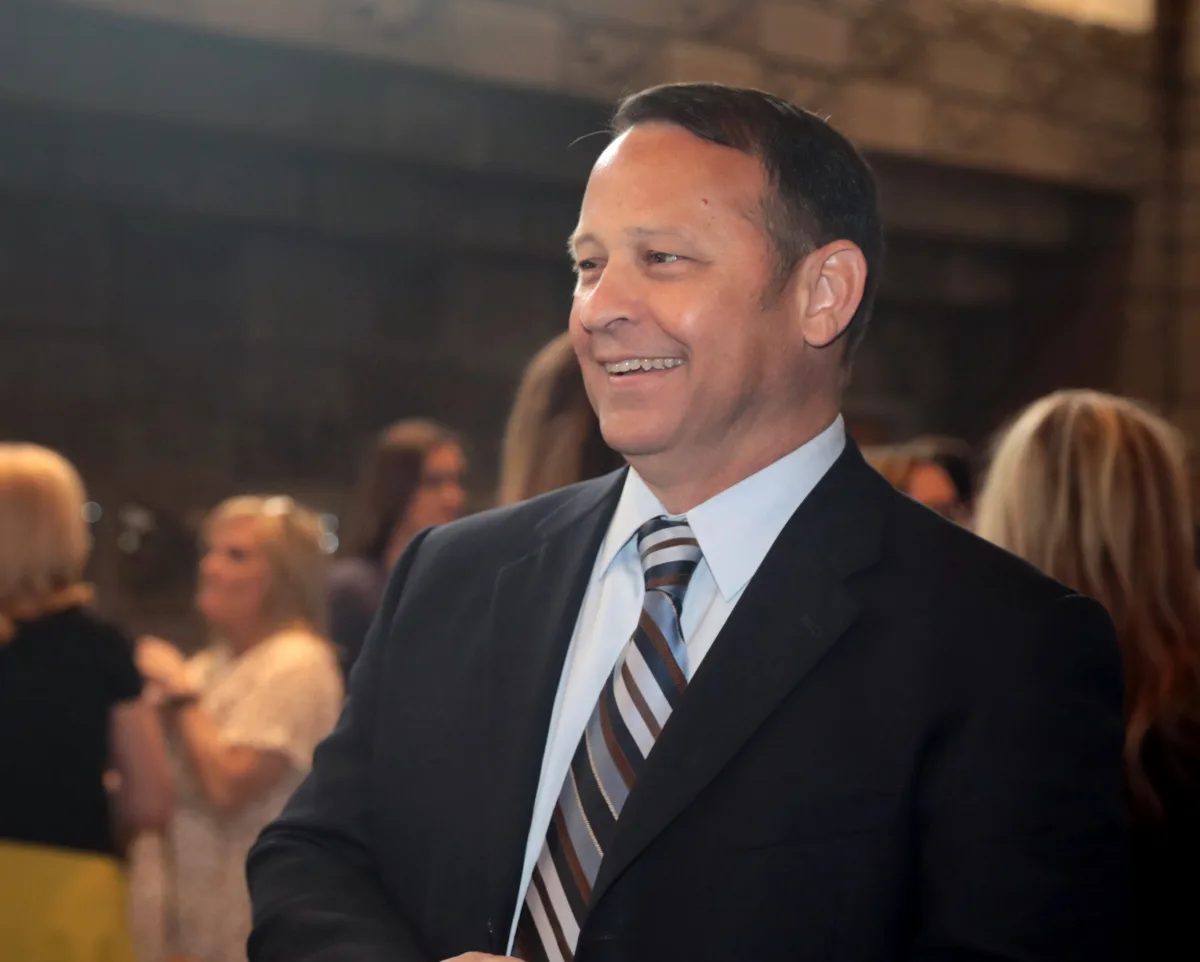
The Arizona Supreme Court ruled that the state can enforce a near-total abortion ban from 1864. The ban allows no abortions except to save the life of a pregnant person and carries a mandatory two- to five-year prison sentence for people who provide abortions.
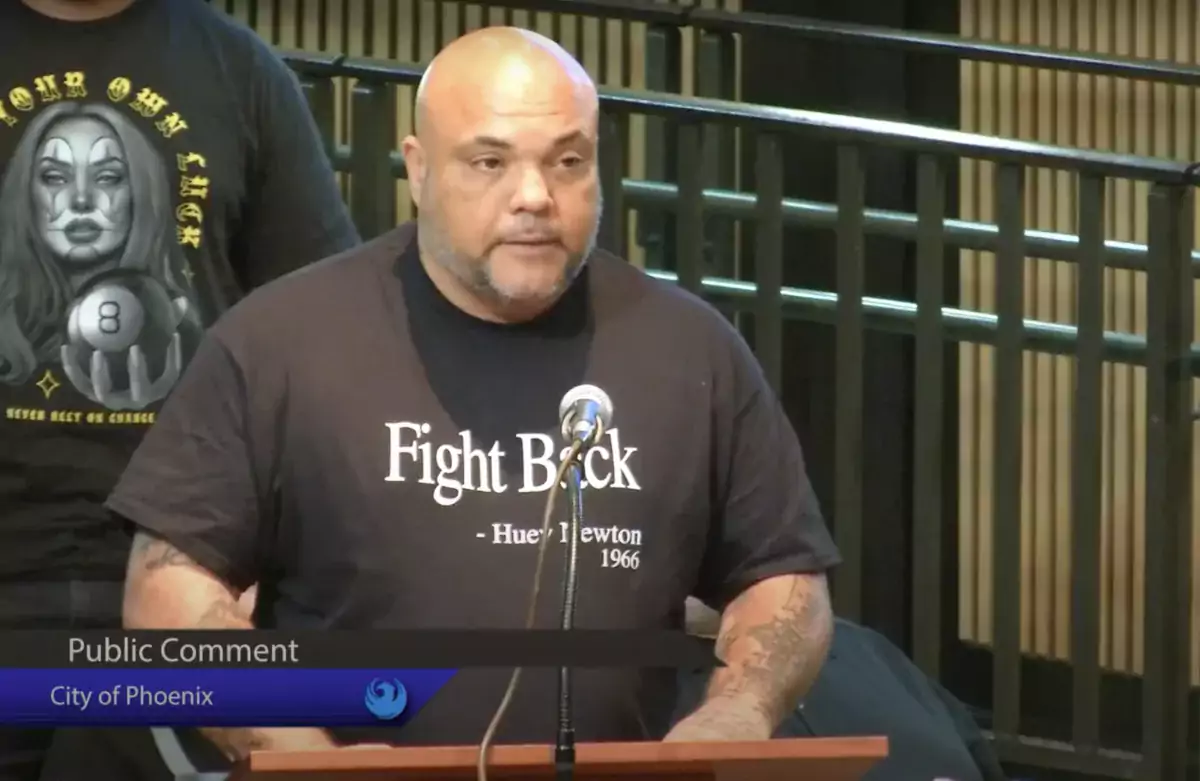
The U.S. Department of Justice is investigating the Phoenix Police Department for potential civil rights violations. During last week’s city council meeting, residents said city officials must stop fighting the inquiry.
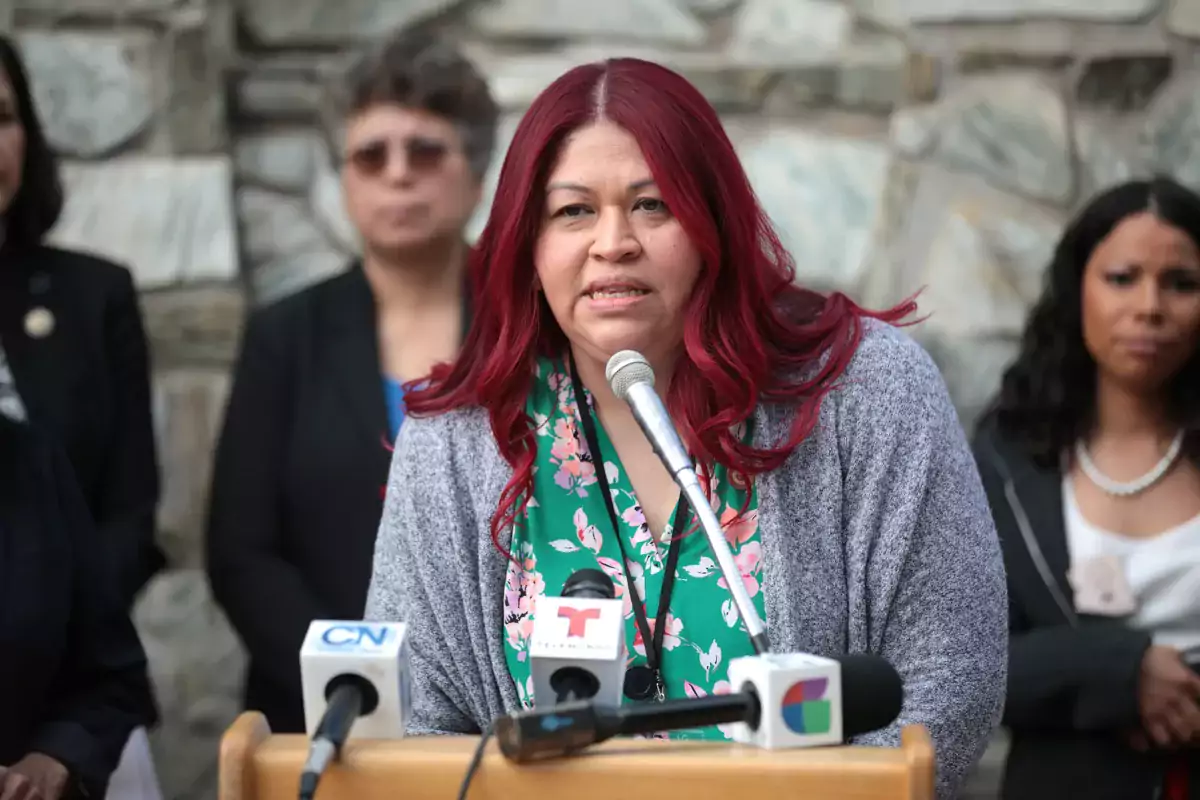
State Sen. Anna Hernandez filed the bill following The Appeal’s investigation into the Phoenix Police Department’s shooting of Jacob Harris. Though police killed Harris, his friends were charged using the state’s felony murder statute. Tomorrow, a coalition will join Hernandez in a press conference to support the bill.
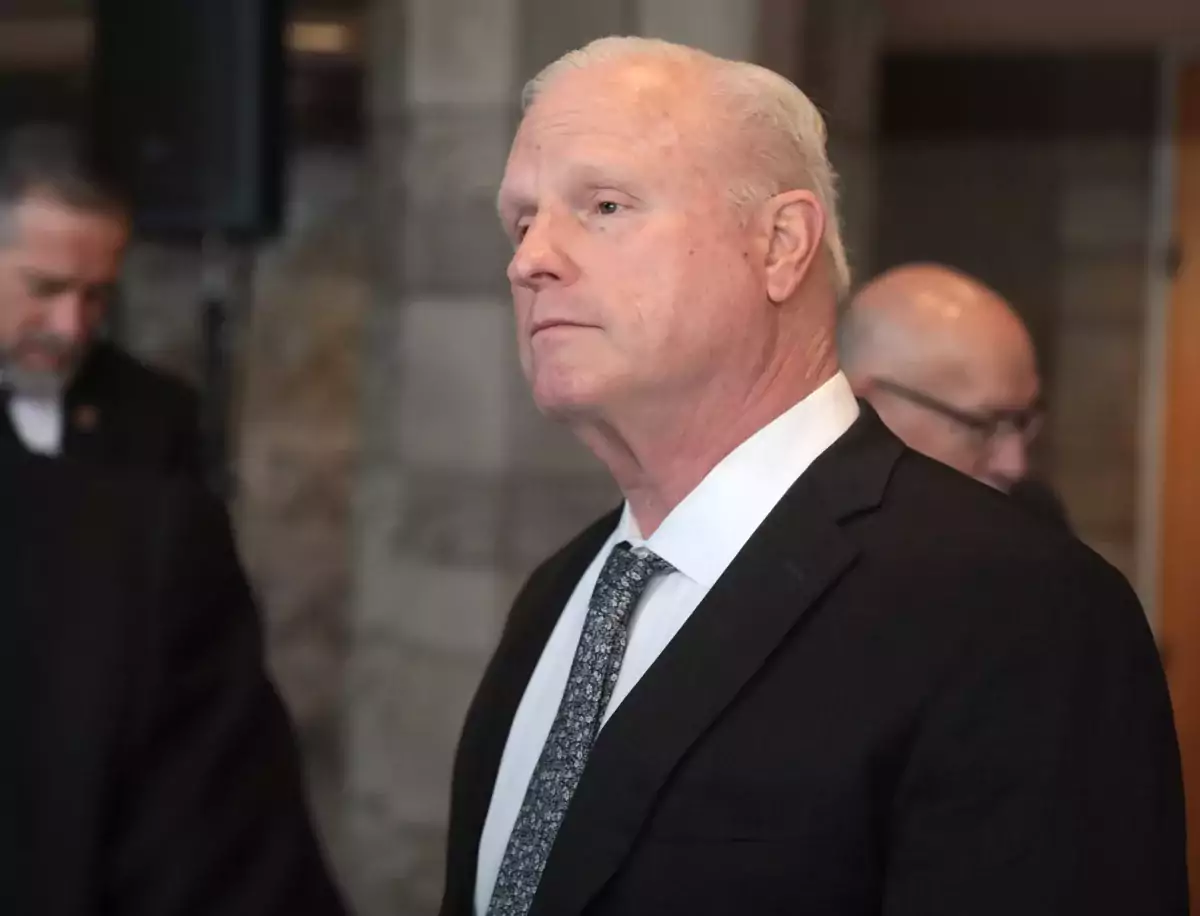
A representative for Arizona’s “unborn infants” says the state should enforce a Civil War-era ban on almost all abortions. Planned Parenthood says a newer, 15-week abortion ban should be the law instead. The Republican-stacked Arizona Supreme Court will decide.
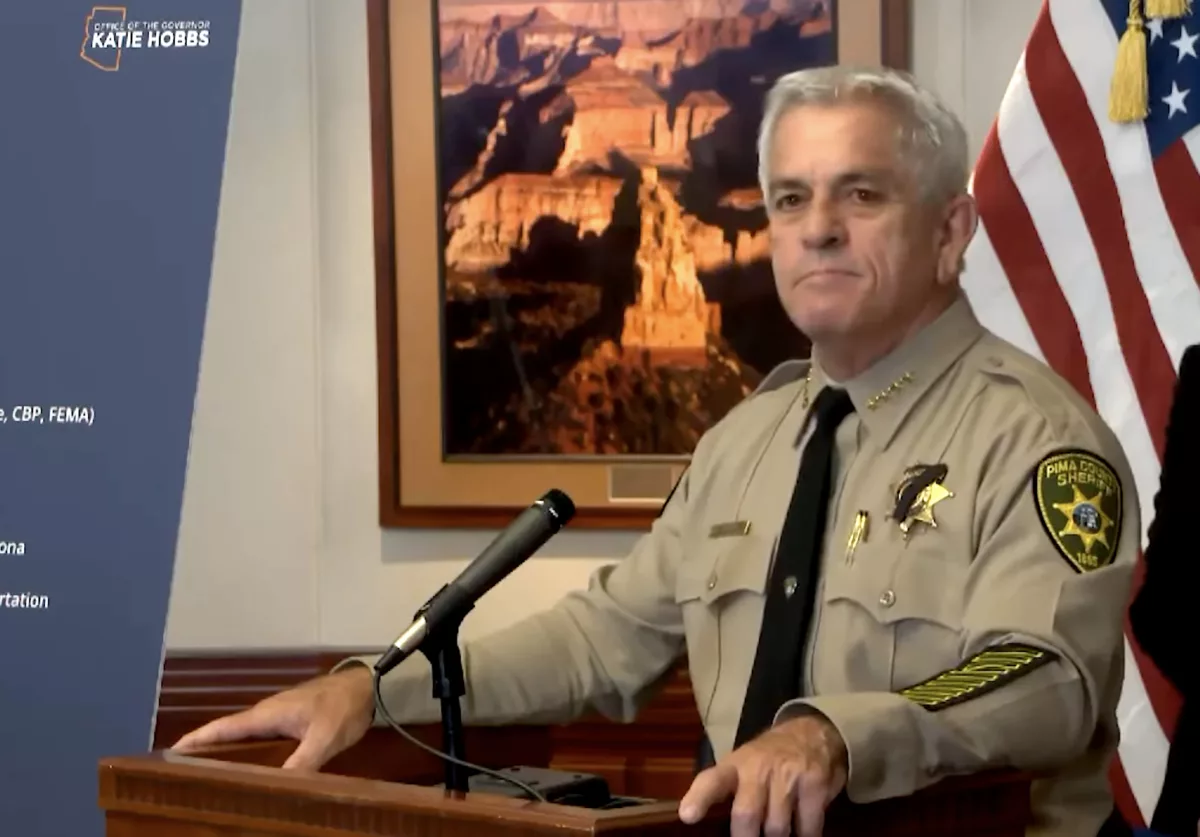
Alisa Reznick’s arrest marks the second time police within the United States have detained a reporter at a pro-Palestine protest in recent months.
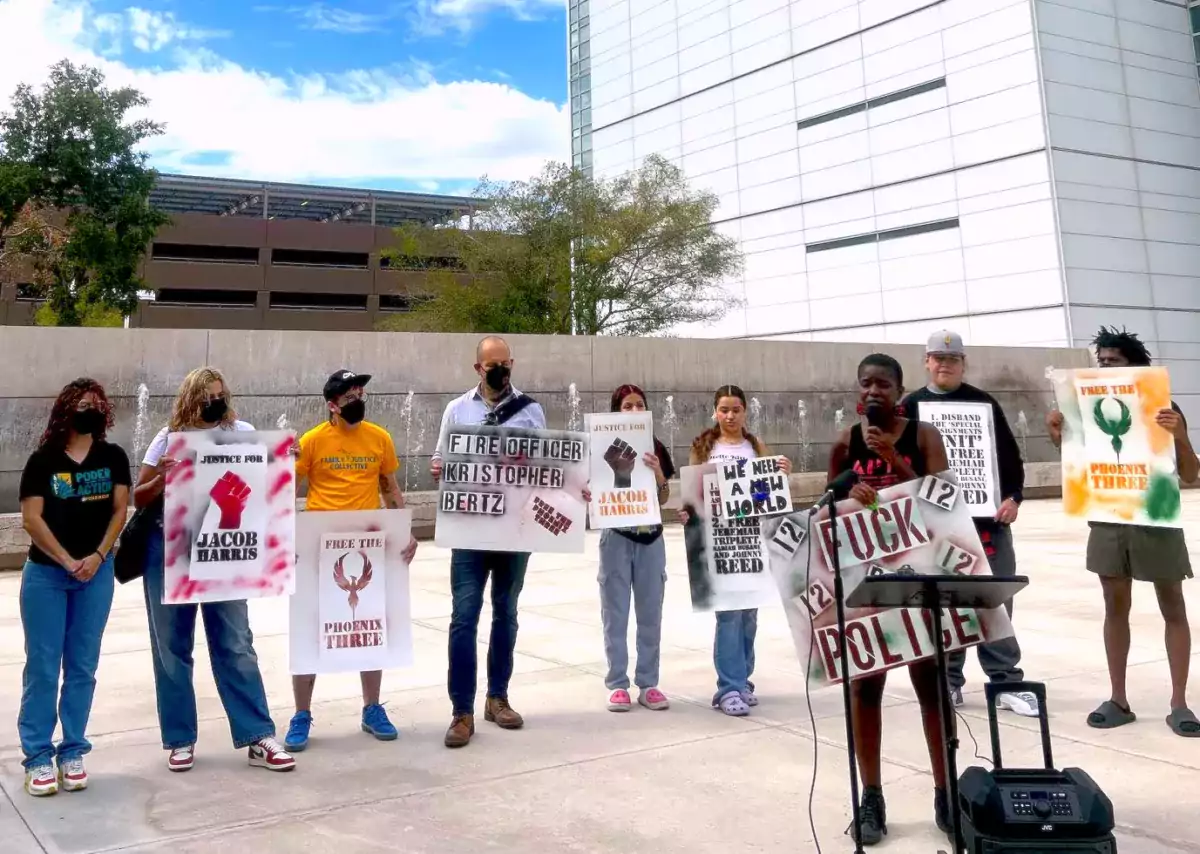
Phoenix Police Department Officer Kristopher Bertz shot and killed 19-year-old Jacob Harris in 2019. Now, community members are rallying as Harris’s father Roland appeals a wrongful death lawsuit.
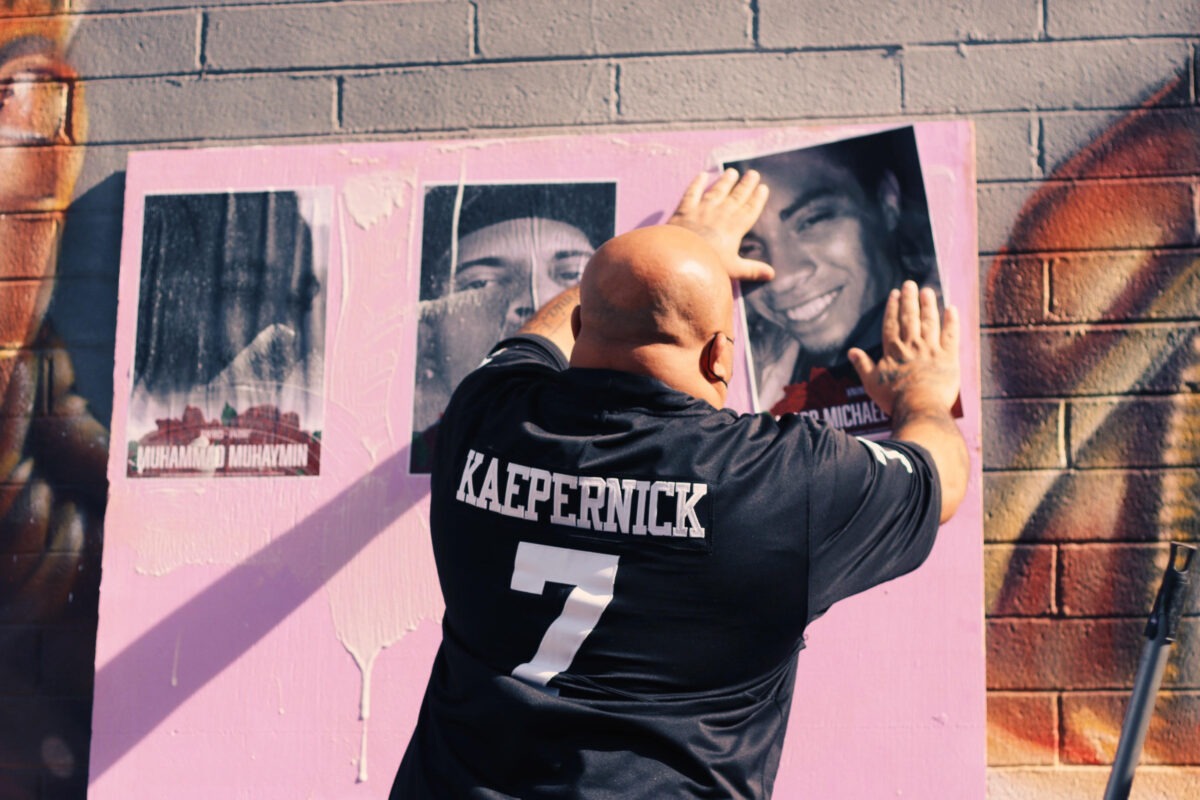
Jacob Harris’s father is heading to appeals court on Wednesday. Federal judges will decide the fate of his wrongful death suit against the city of Phoenix.
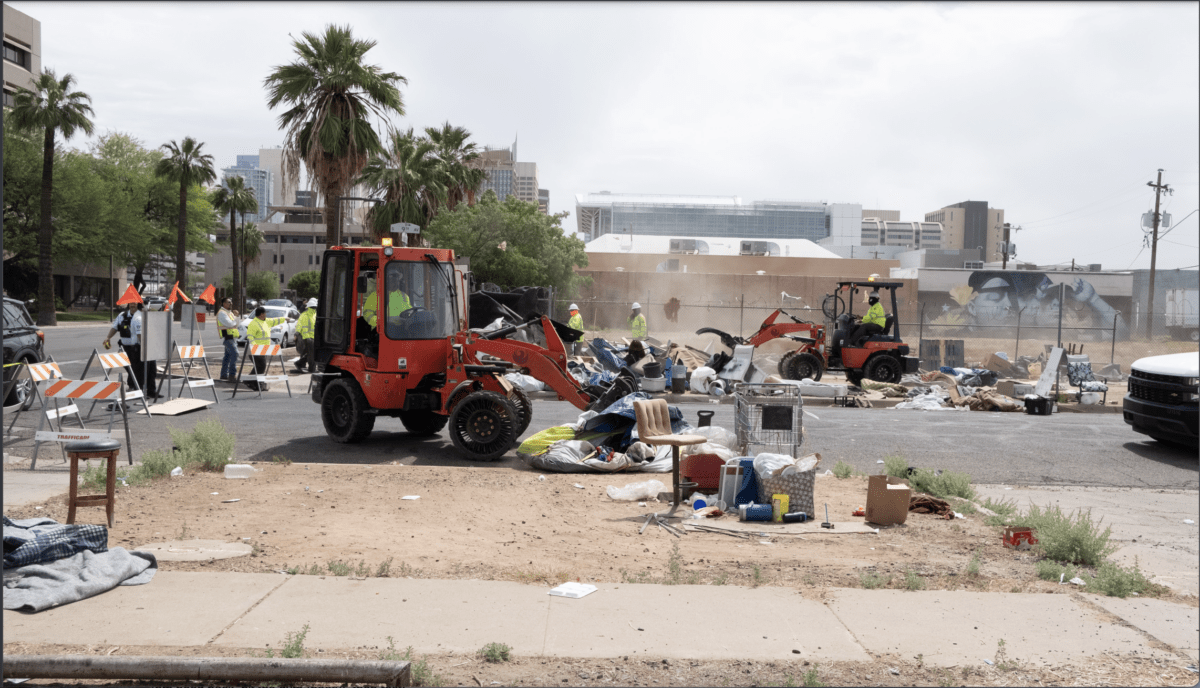
As Phoenix begins to displace around 700 people from an encampment near downtown, the ACLU of Arizona is asking a judge to find the city in contempt of a court order prohibiting it from violating the rights of the unhoused.

It’s been four years since a Phoenix police officer killed Jacob Harris. Records obtained by The Appeal show officials have made inconsistent or false statements about the night police killed him. As Harris’s friends grow up behind bars, his father won’t stop until he gets justice for his son.
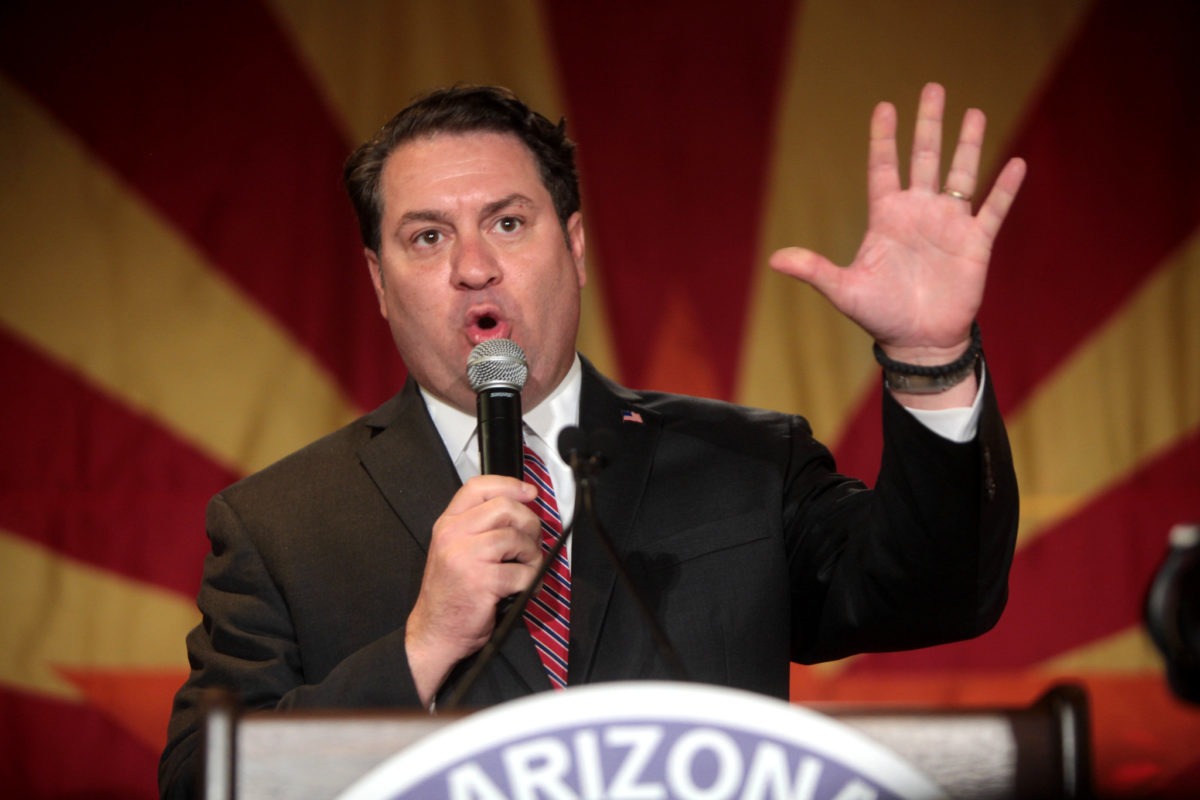
A judge allowed a Civil War-era law to go back into effect today. The law requires two to five years in prison for people who provide abortions, except to save the life of the pregnant person.

The stakes for getting reporting on abortion right are very high, but it costs nothing to call out politicians on their BS.
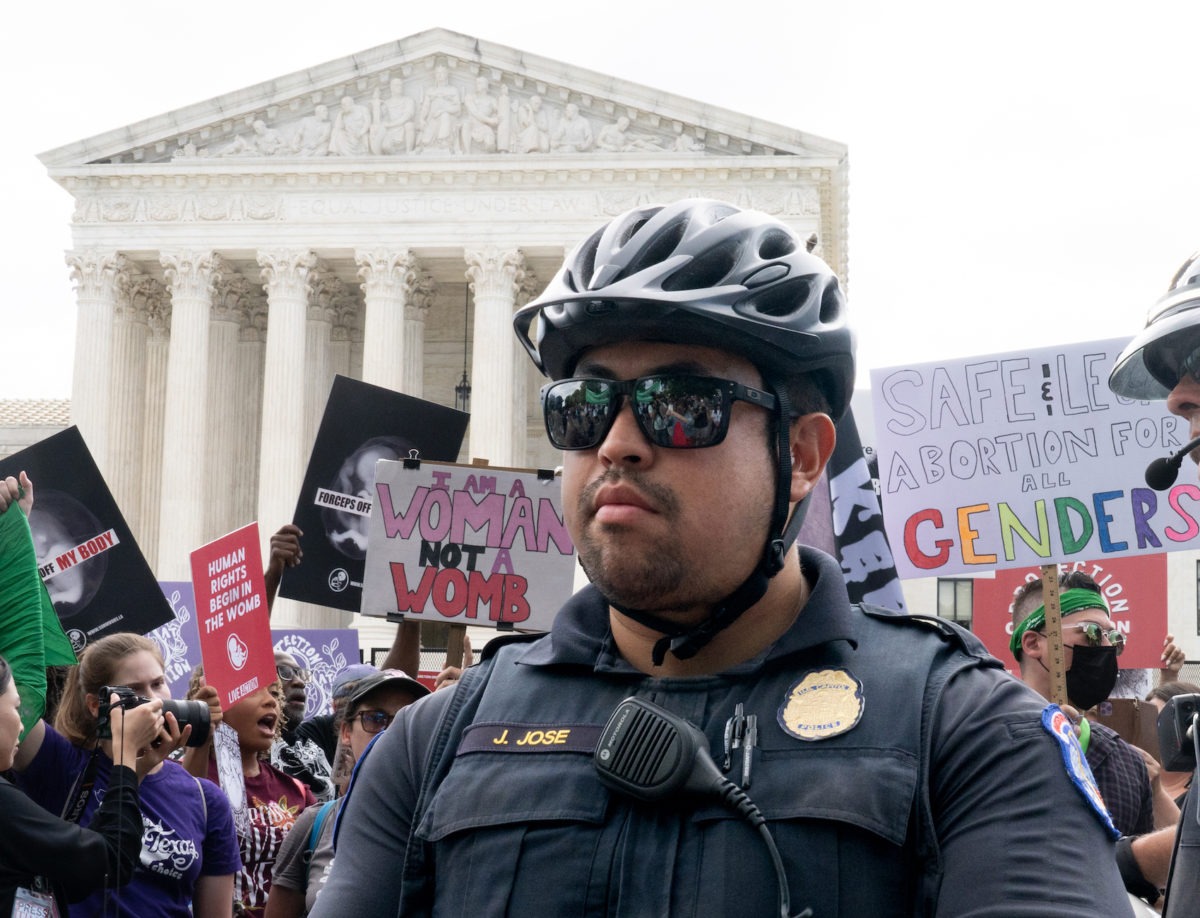
The law granted embryos and fetuses the same rights as a person. Civil rights groups sought an injunction out of concern the law could criminalize people who provide or obtain abortions.
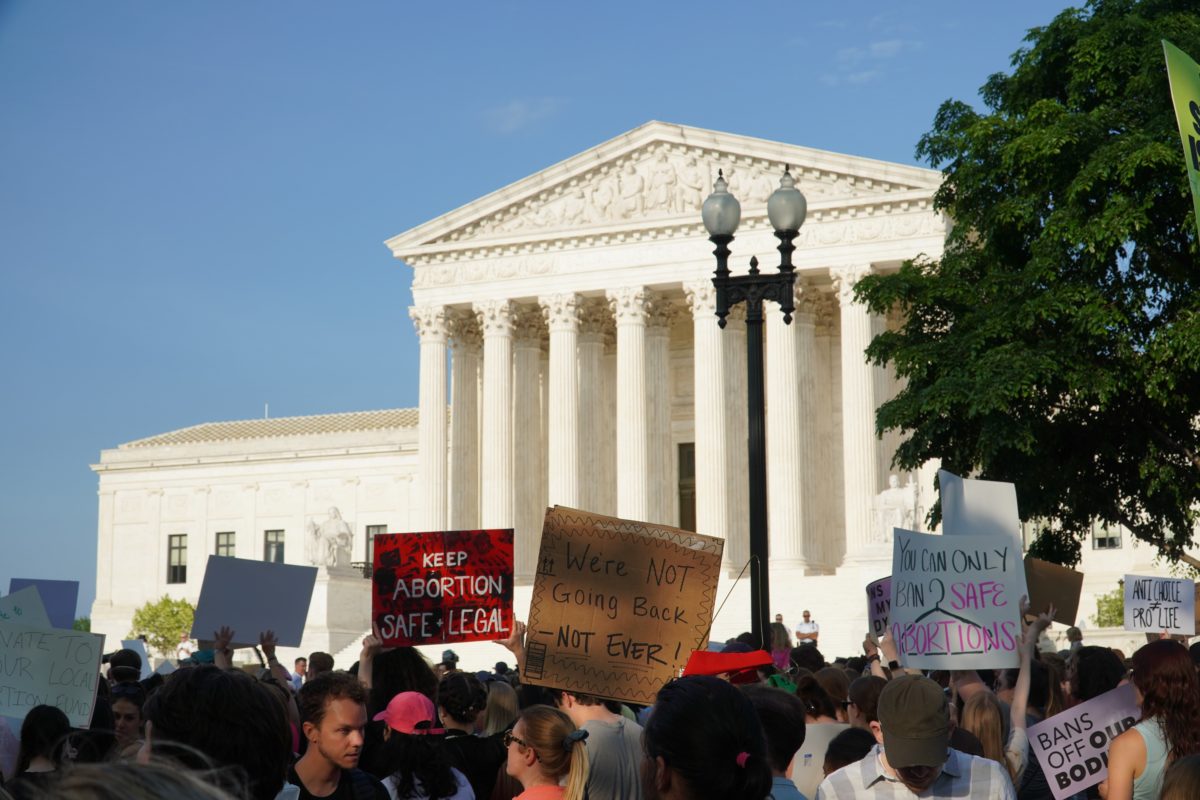
Prosecutors across the country could soon be tasked with enforcing abortion laws that require people to reproduce against their will.
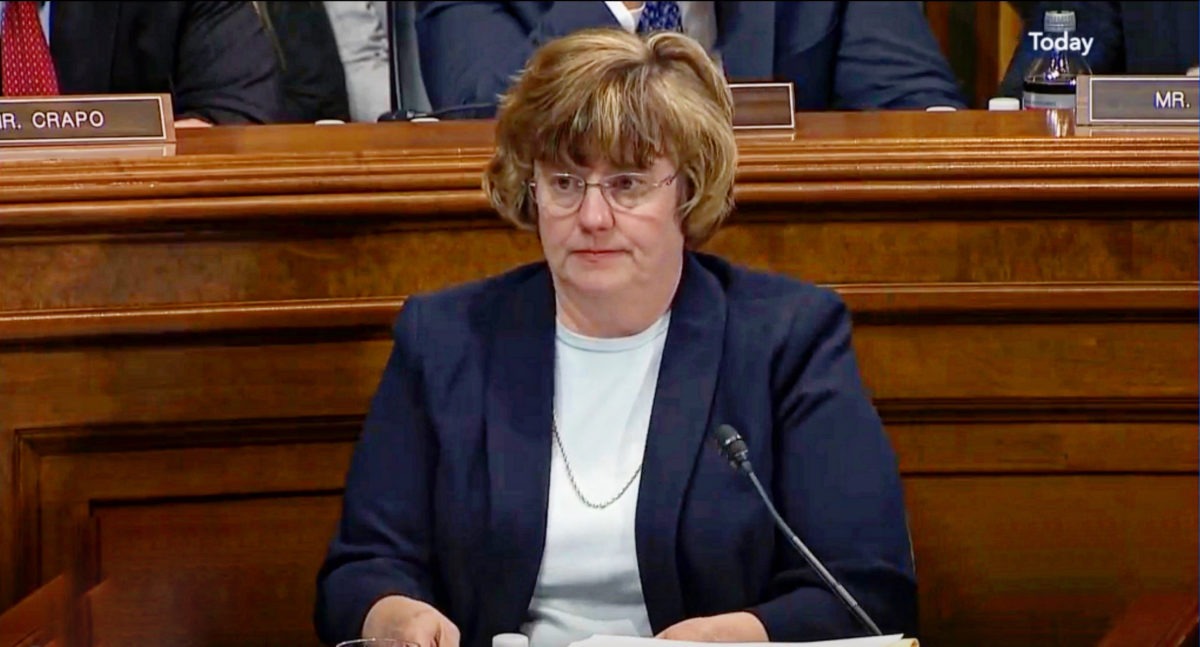
Maricopa County elects a new top prosecutor this year. In the meantime, state law could let the county’s conservative county attorney prosecute abortions if Roe falls.
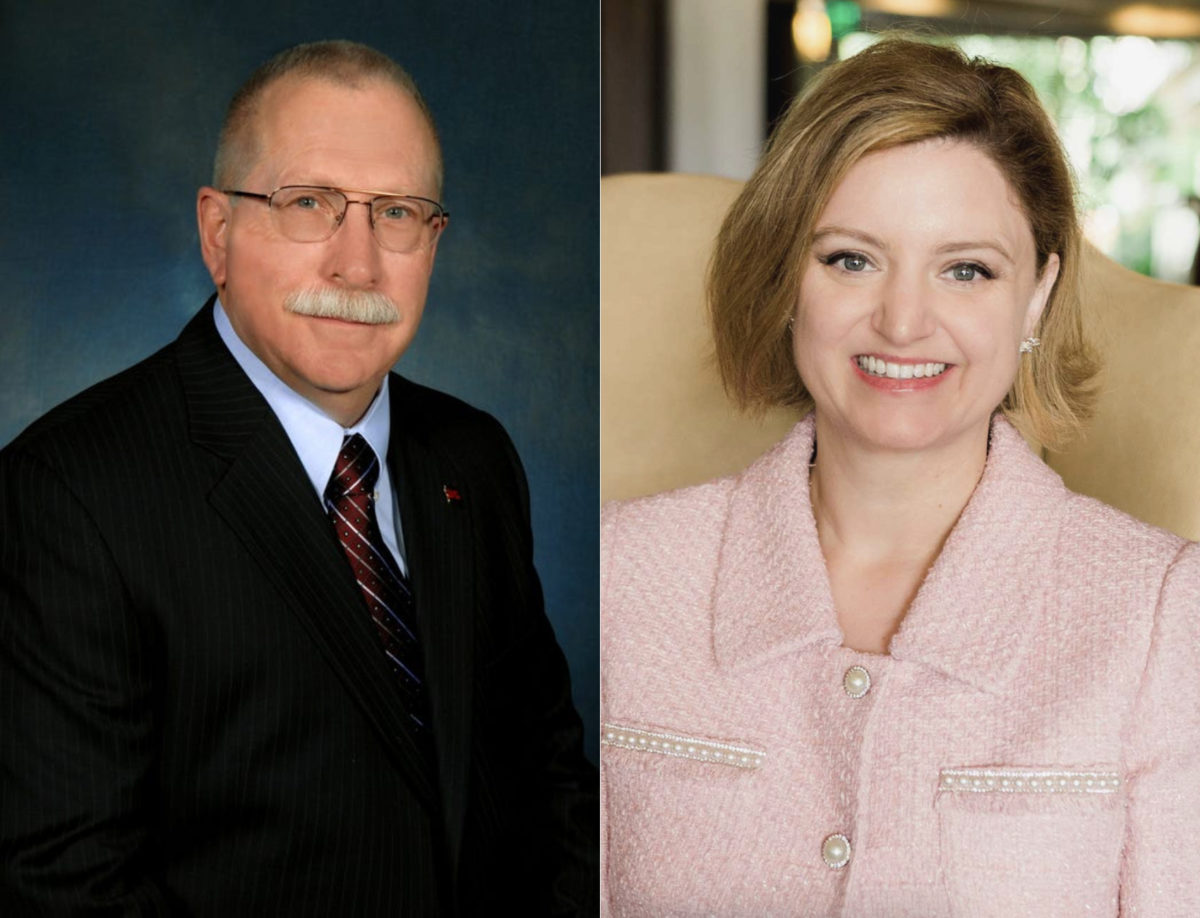
On the night of Jan. 6, Arizona’s former prison director, Charles Ryan, drank half a bottle of tequila and got into a three-hour armed standoff that involved about 50 police officers. After a tense confrontation in which Ryan repeatedly pointed a gun at officers, Tempe police took Ryan into custody and brought him to a hospital — but he was never booked into jail. In the end, Ryan went back home like nothing had happened.
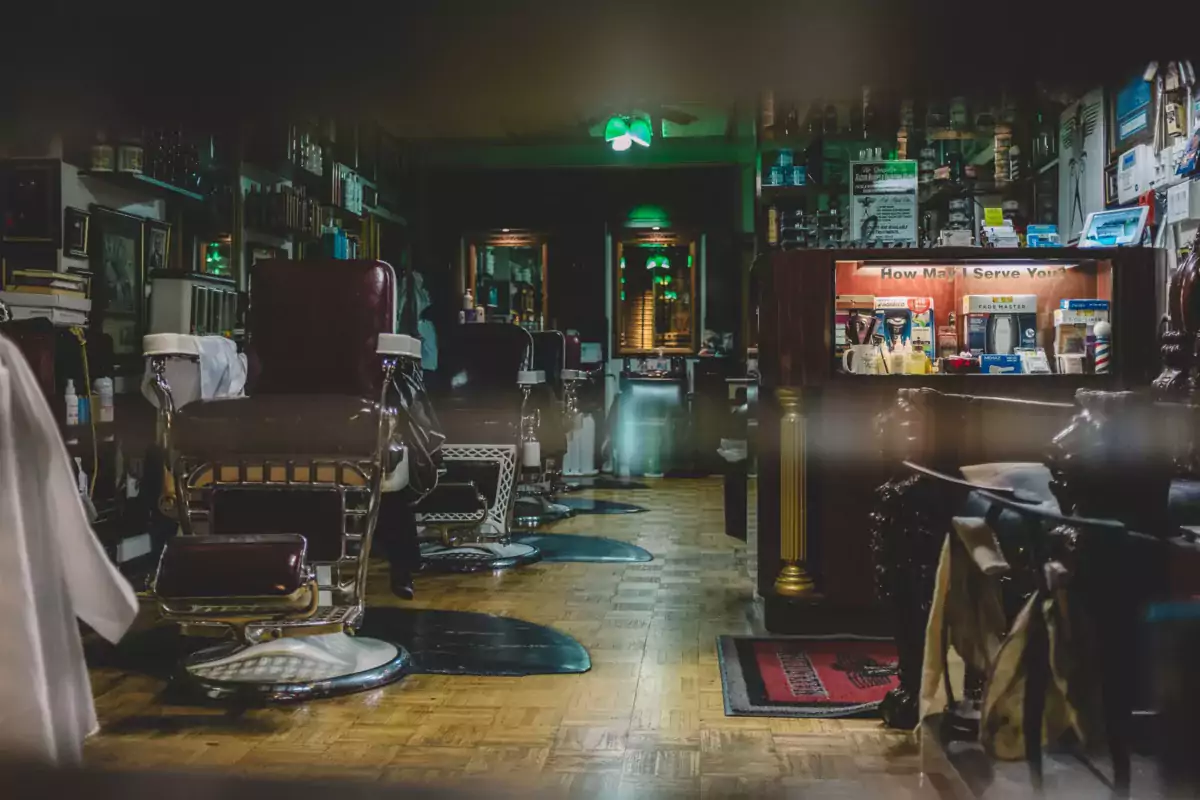
B.S., a 61-year-old Black man, has struggled with substance use for decades. Now, prosecutors are leveraging his record against him—and forbidding references to racial justice, George Floyd, Breonna Taylor, B.S.’s potential sentence, or his health problems at his trial.
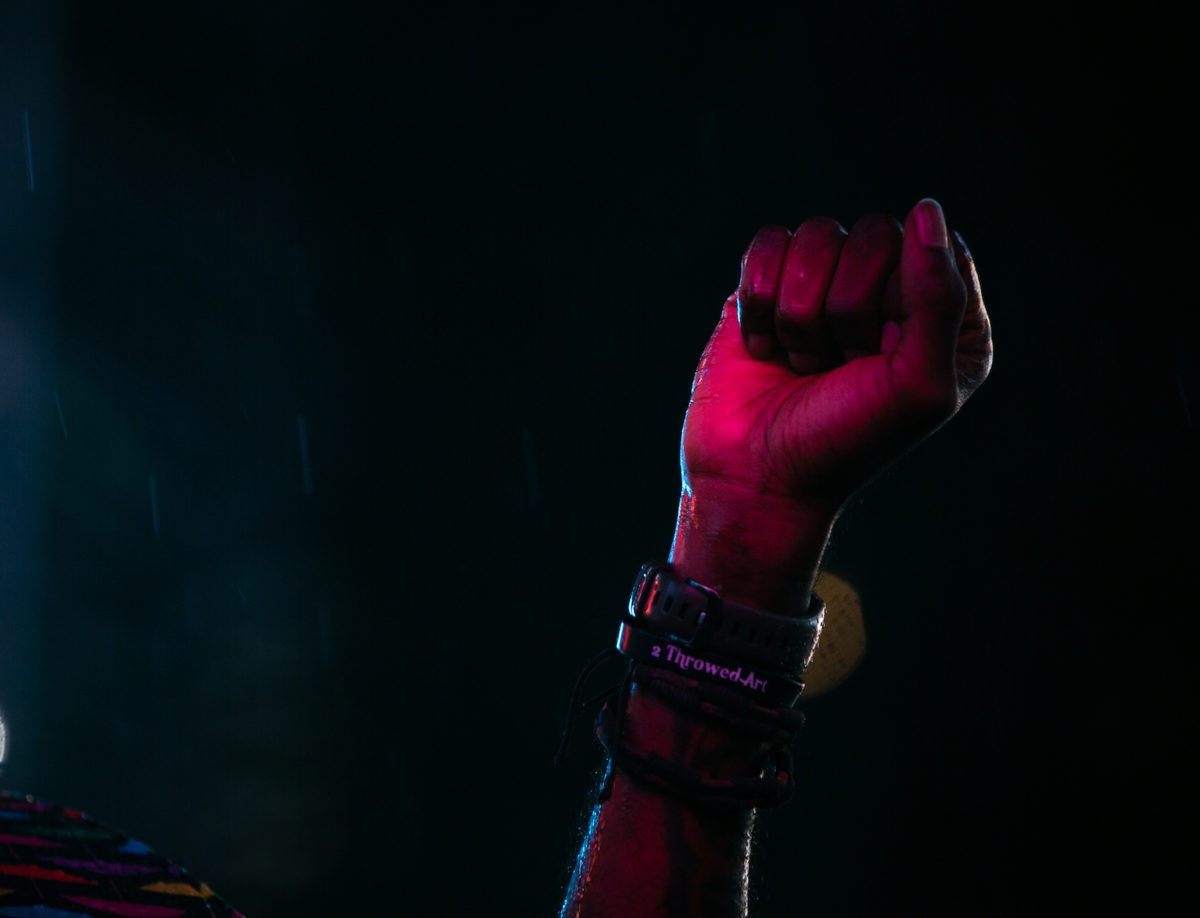
Police and prosecutors routinely treat white domestic terrorists with kid gloves, but use the full force of the law against protesters calling for an end to police violence against Black people.
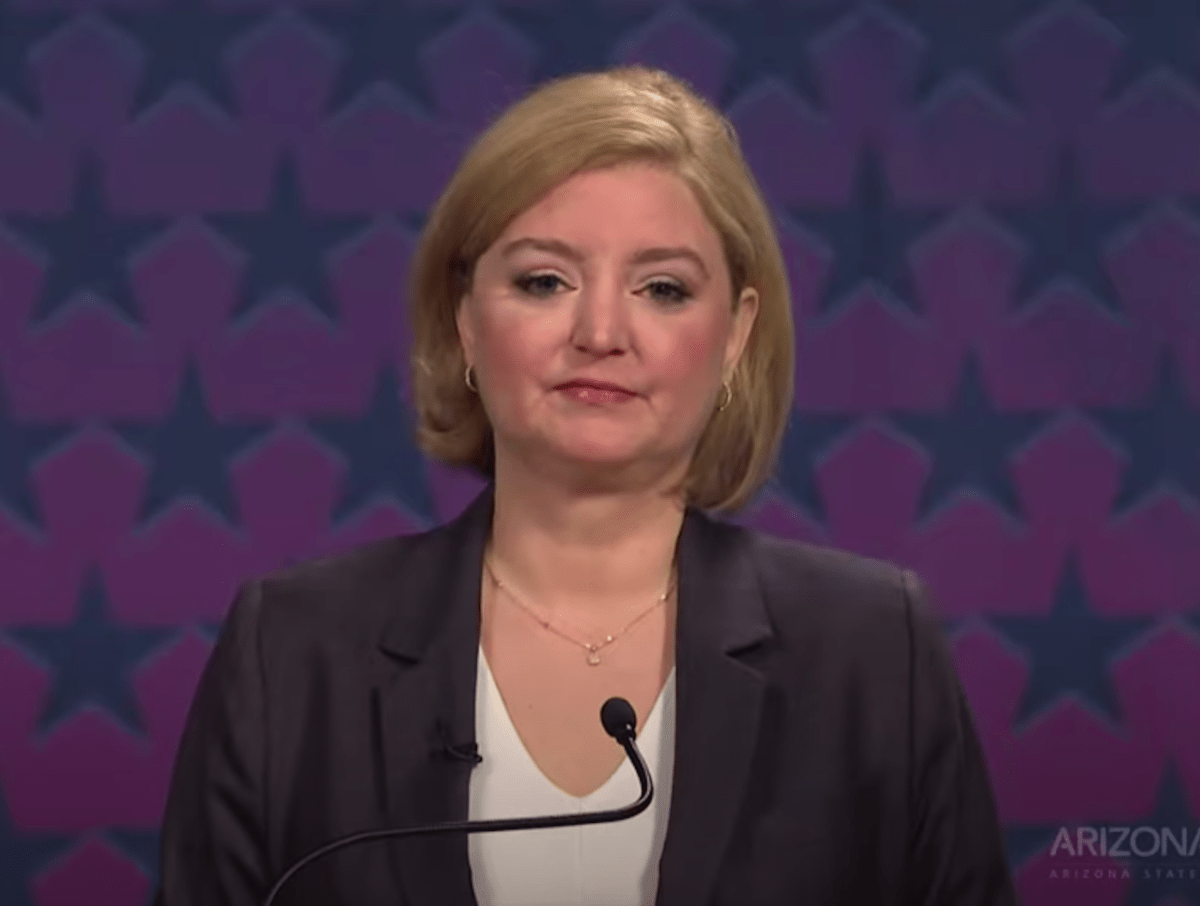
Voters decided to keep Adel in charge of the third-largest prosecuting agency in the country. She is recovering from emergency surgery for bleeding in her brain.
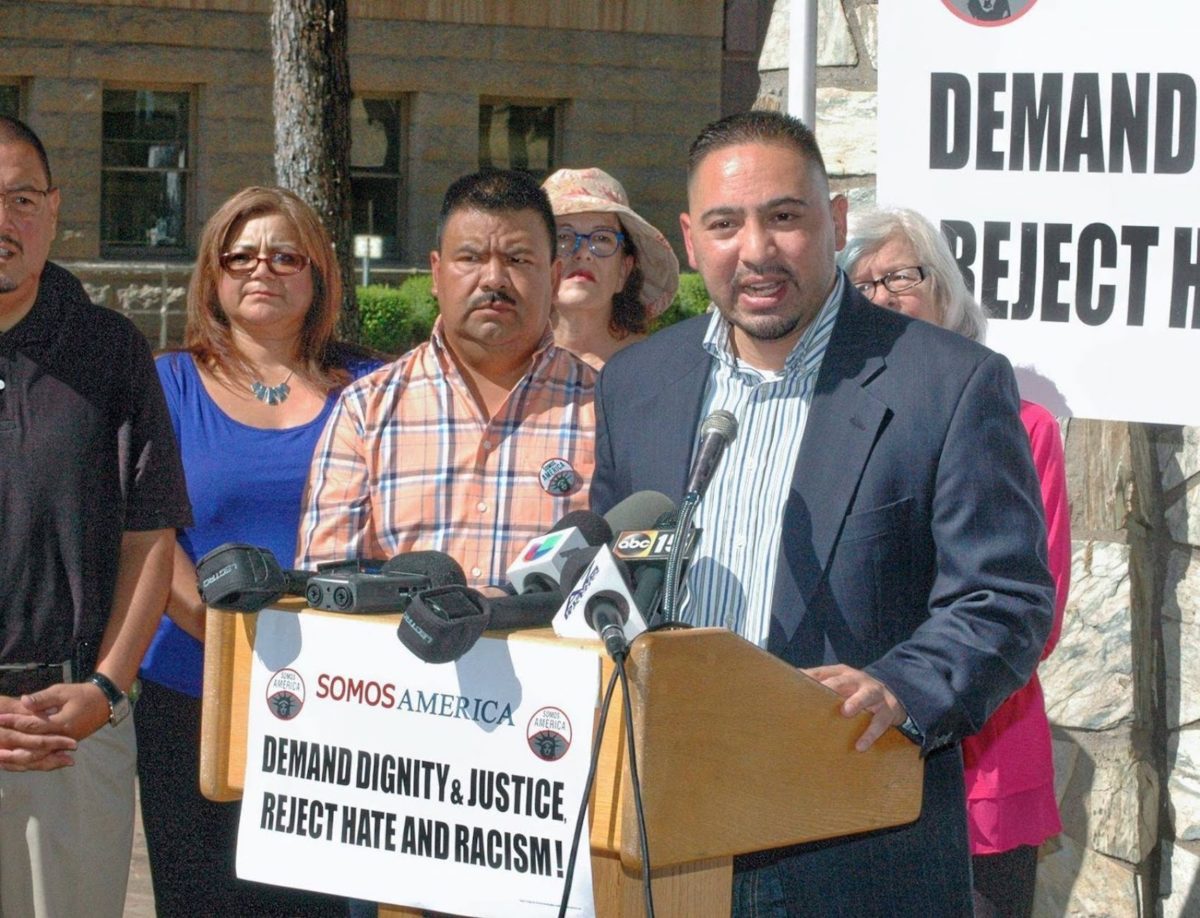
Quezada has supported progressive policies since starting out in the state legislature in 2012. He’s now running for his final term, which could be his most important, given the state’s changing power dynamics.
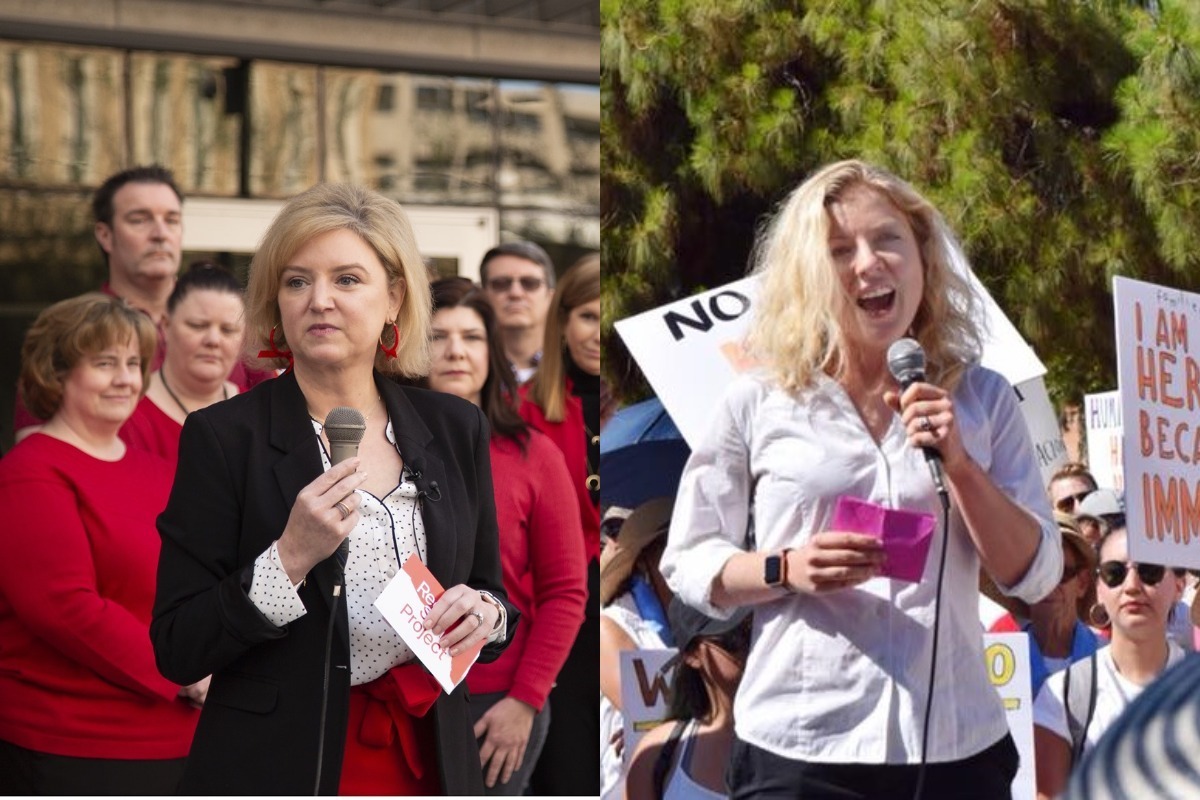
One candidate for Maricopa County attorney says she’ll make clearing past marijuana convictions ‘universal and automatic’ if elected. The other has not said she would do anything to support expunging criminal records.
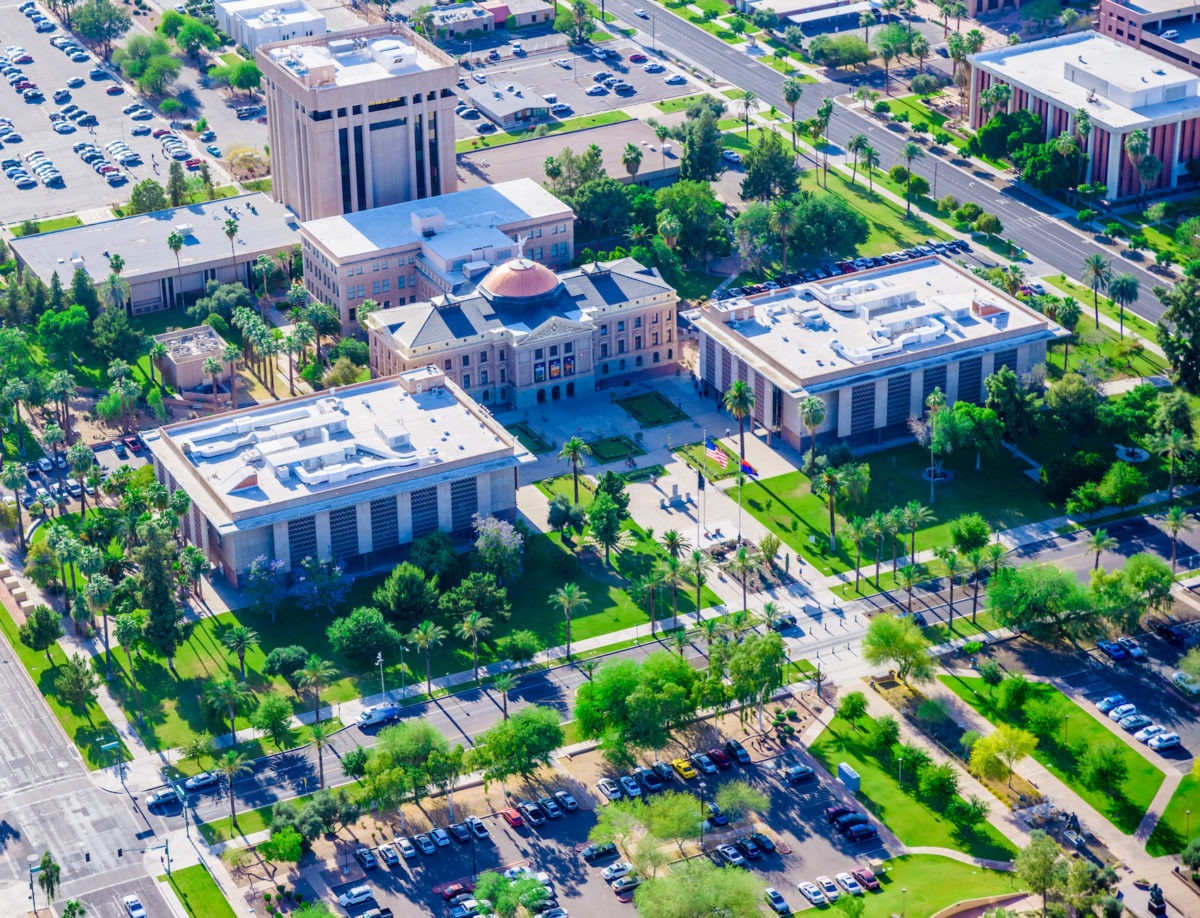
The party needs to win two state House seats and three state Senate seats in next month’s election to flip the chambers. Here are the candidates running in hotly contested races.
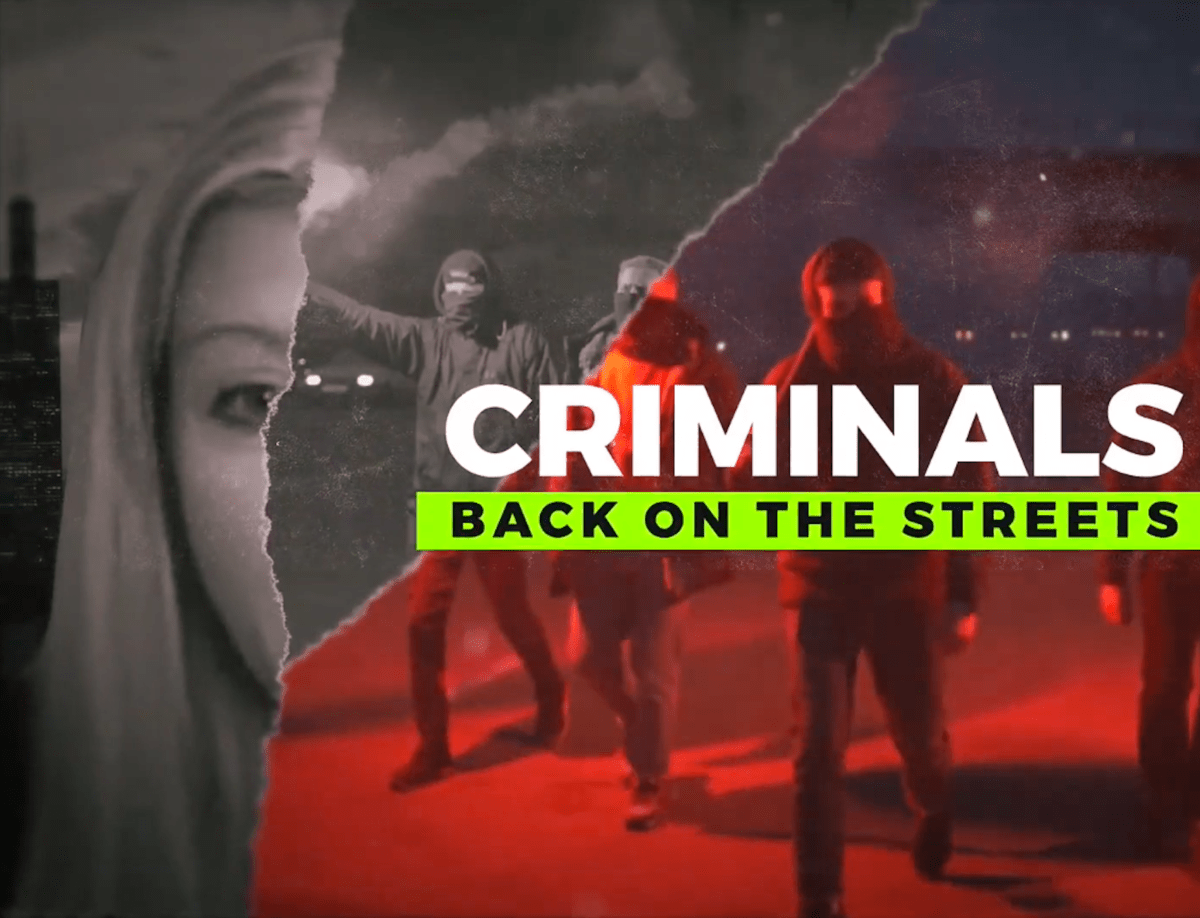
Allister Adel paints herself as a reformer, but her record shows otherwise.
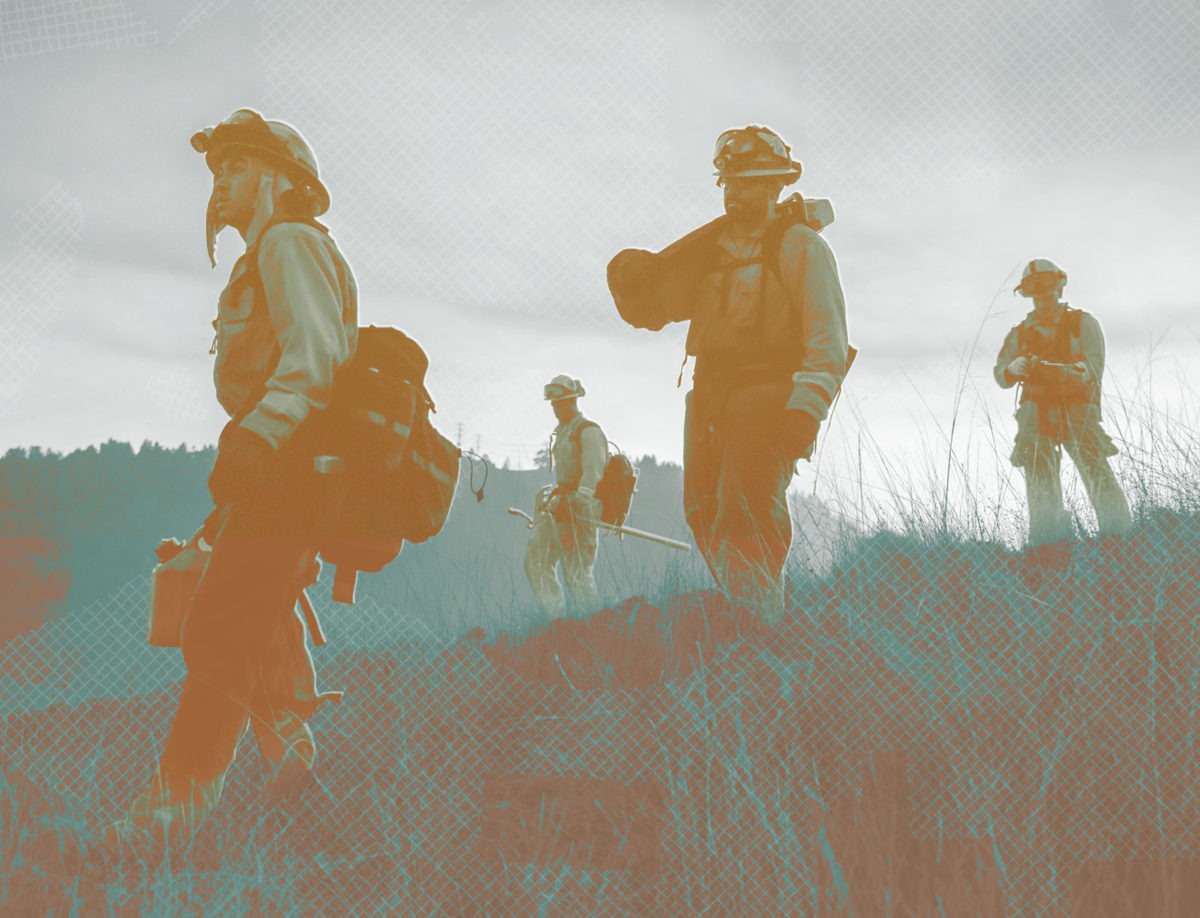
States like California, New York, and Arizona have relied on prisoners to continue working, with little pay and in precarious conditions, during the coronavirus pandemic.

B.S., a 61-year-old with chronic respiratory problems, has struggled with substance use for decades. Police and prosecutors sought the harshest sentence possible after he failed to return the car.
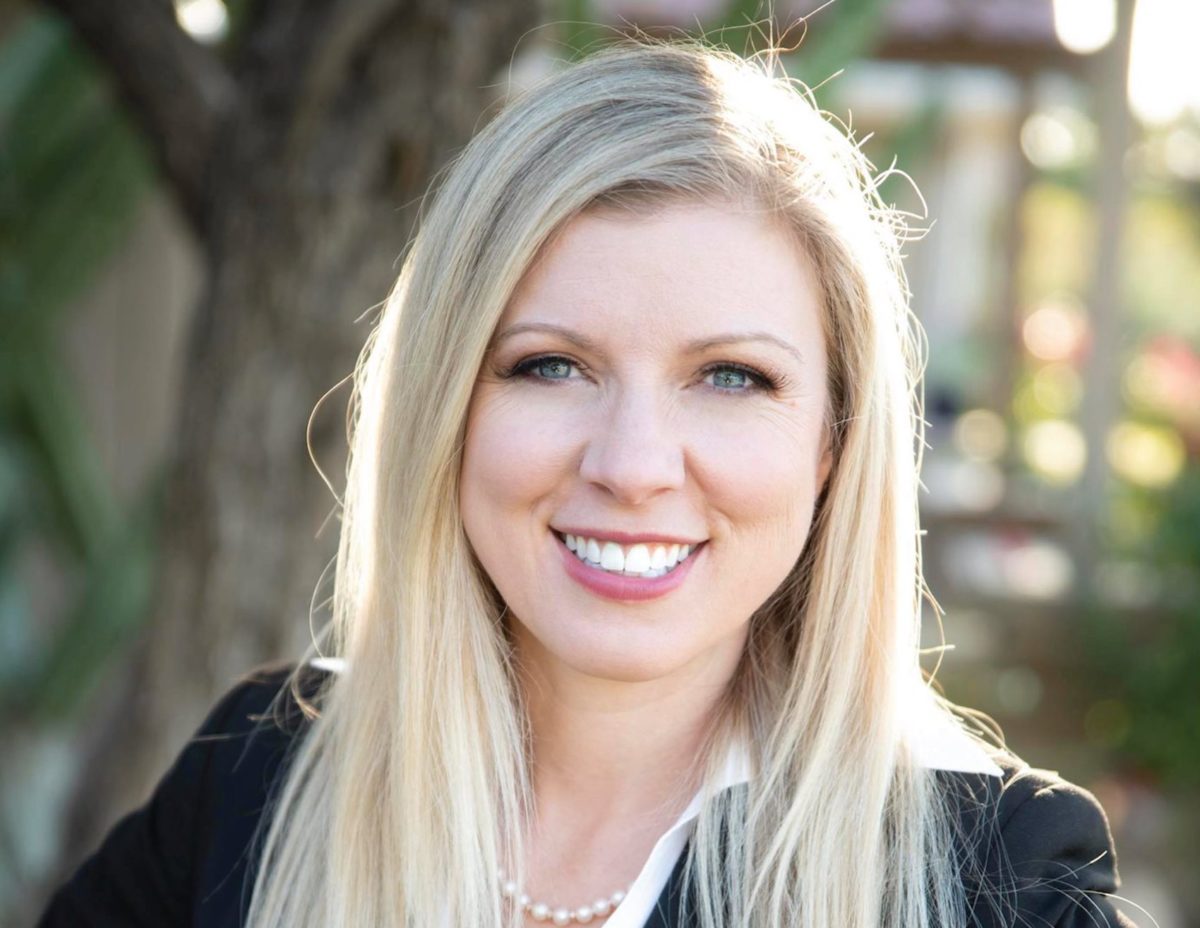
Julie Gunnigle, who is running in Maricopa County, says she supports alternatives to incarceration. But a decade ago in Illinois, she prosecuted a woman for recording phone calls and helped put her in jail for 18 months.
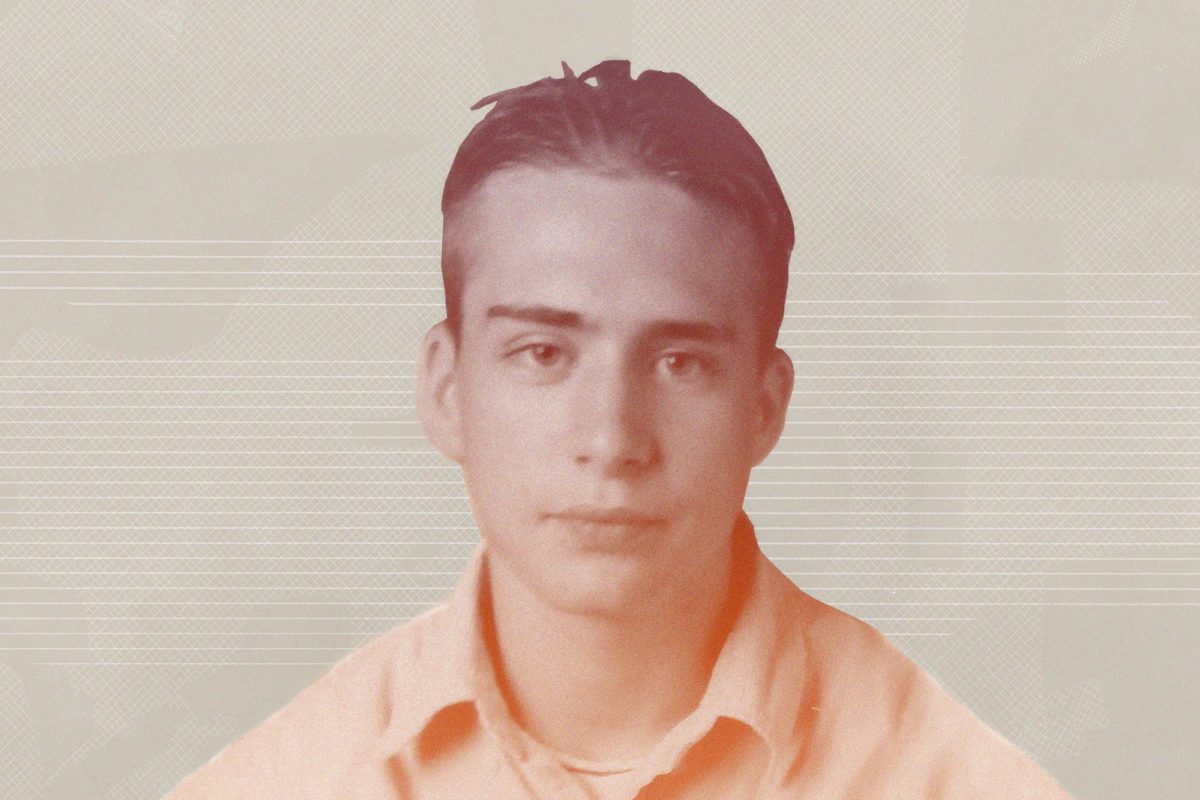
Prosecutors wanted to make an example of Justin Dixon, who has been in an Arizona prison for 14 years, with 37 ahead of him. Now, as COVID-19 spreads in the facility where he’s being held, his family is desperate for him to be released.
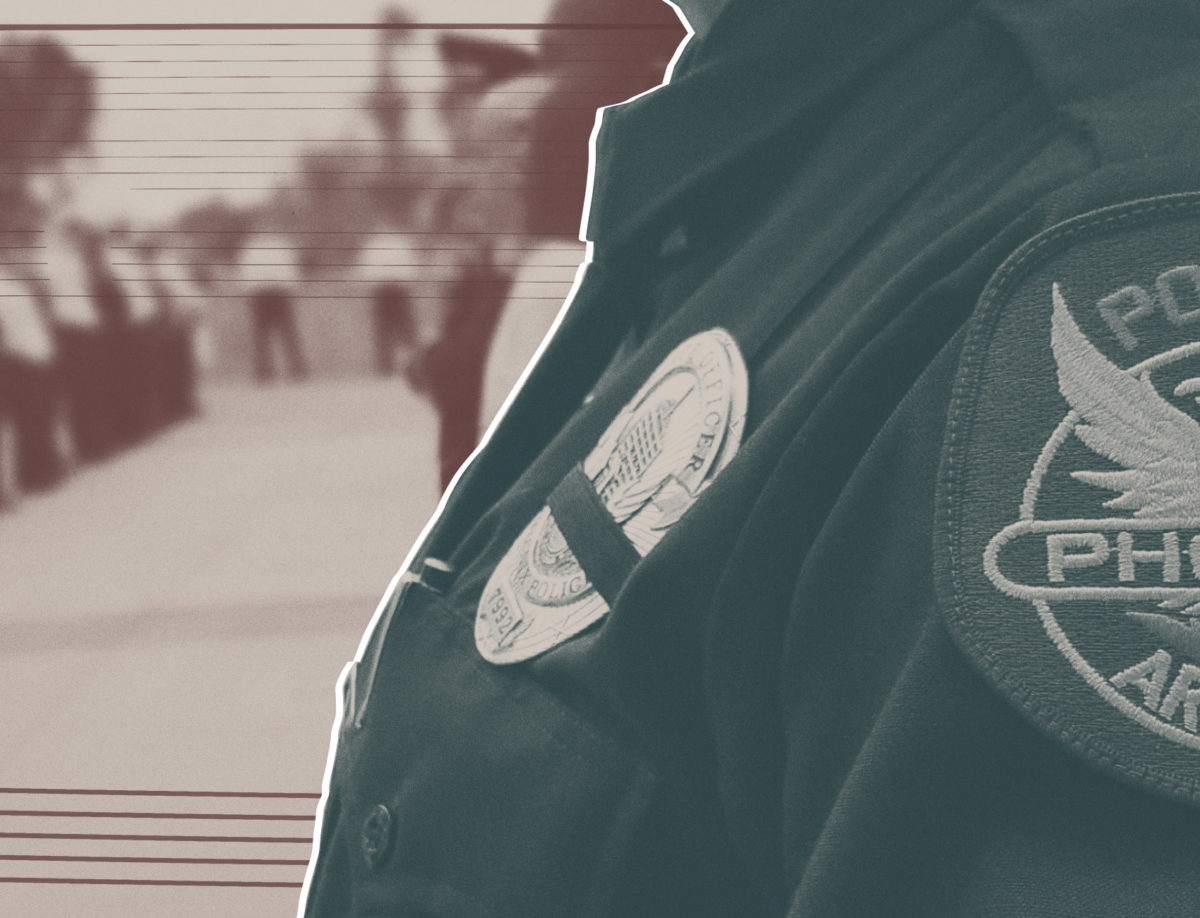
The city wants to give the force an additional $24 million. But the department is still failing to solve crimes, and officers have shot 212 people between 2011 and 2018, killing about half.
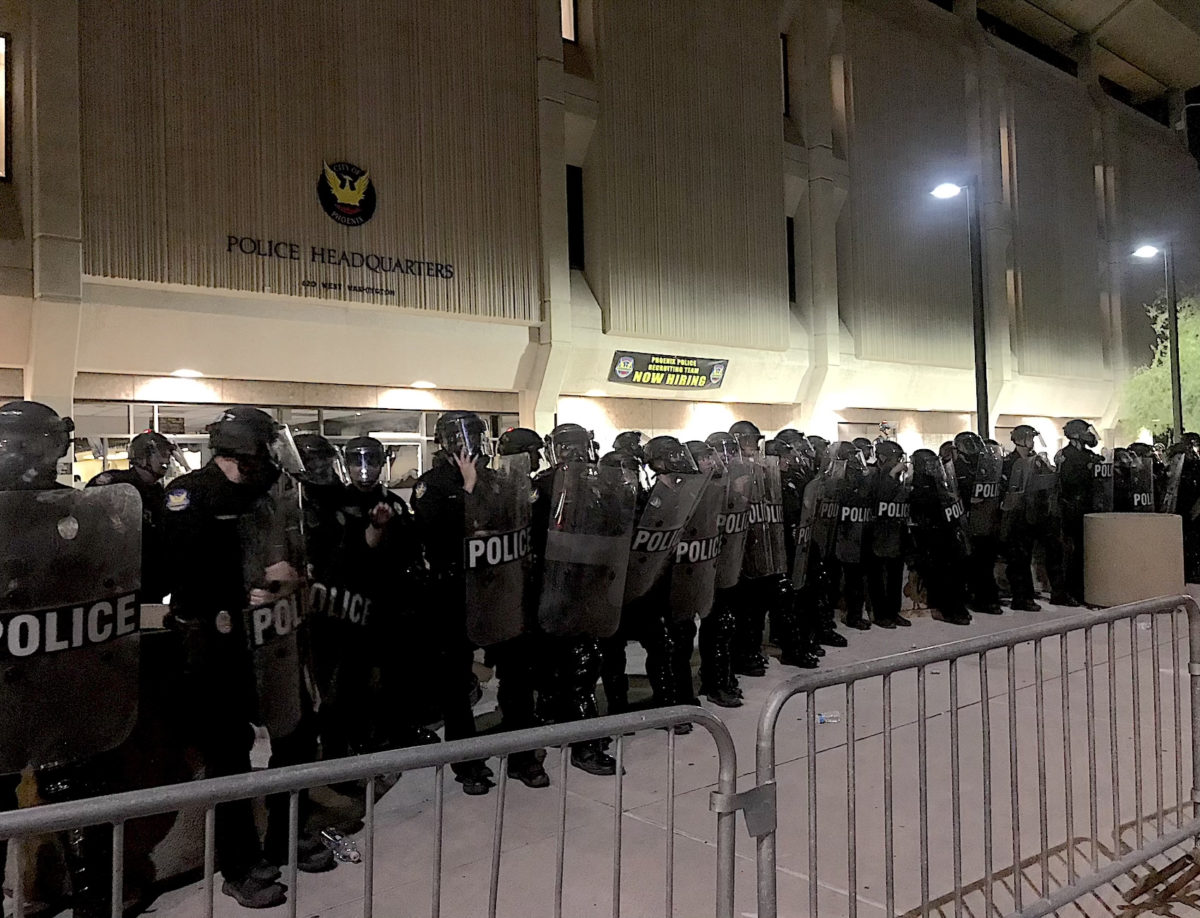
Dion Johnson’s family wants answers about the last moments of his life.
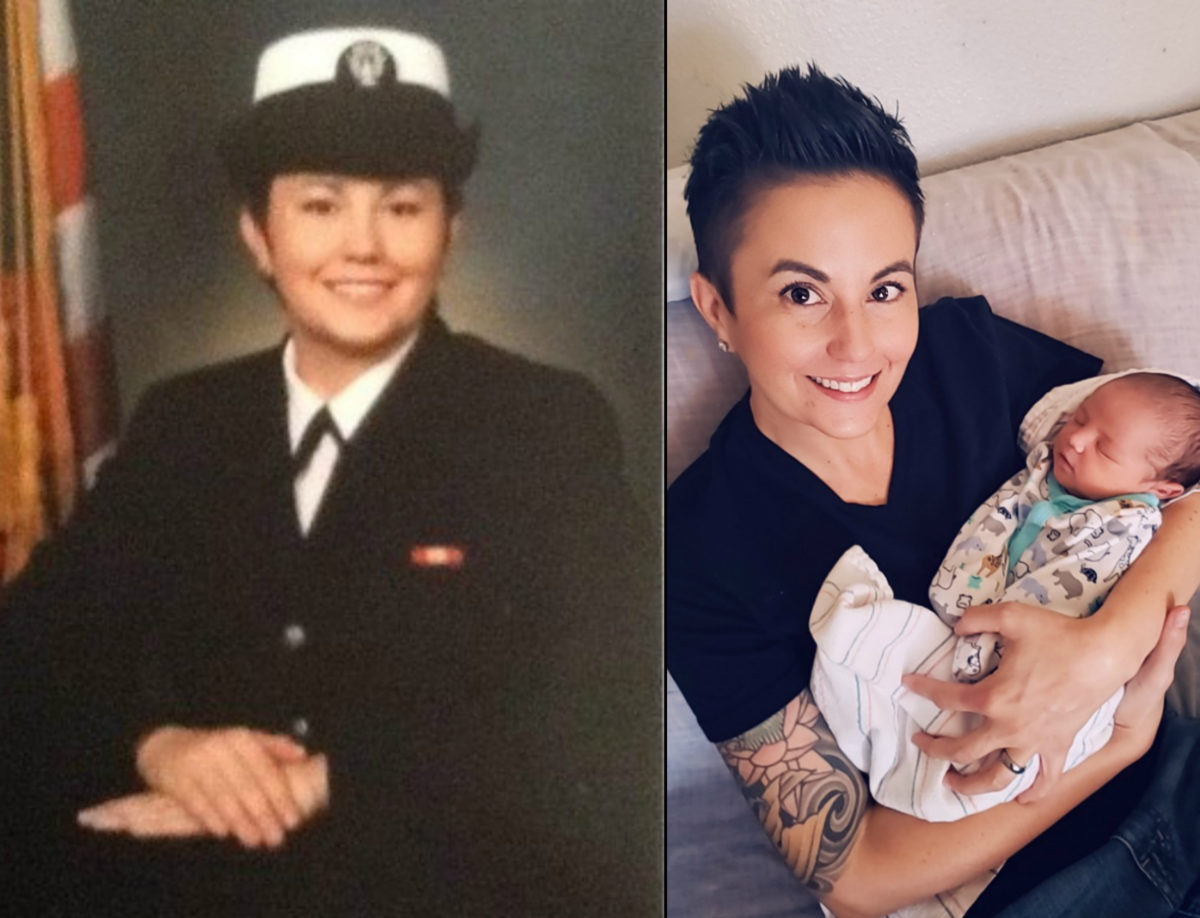
The Maricopa County Attorney’s Office waited four years to charge Danielle Sutherland for one of the DUIs. After serving time for the others, she received treatment for her substance use issues and pursued a degree.
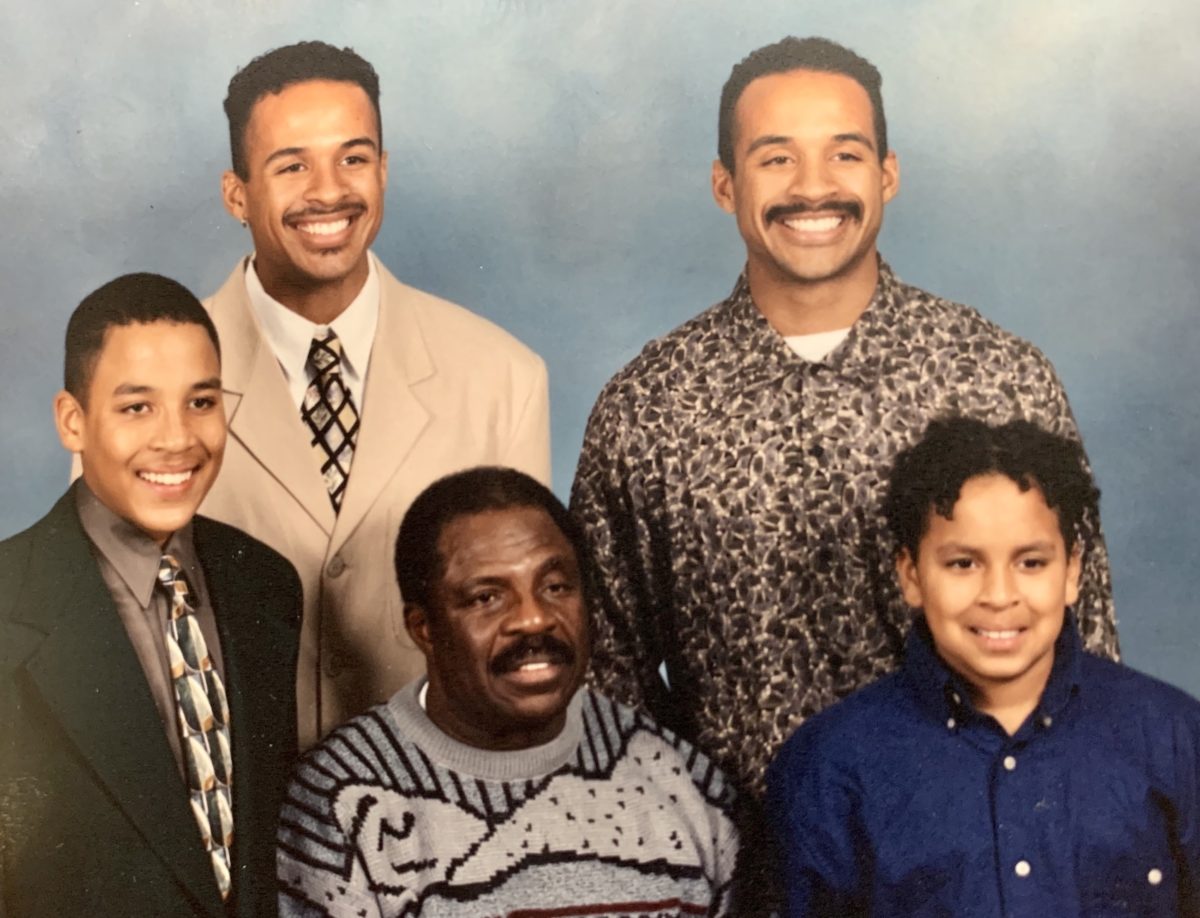
Both incarcerated brothers are at an increased risk of complications from COVID-19—and one has tested positive.
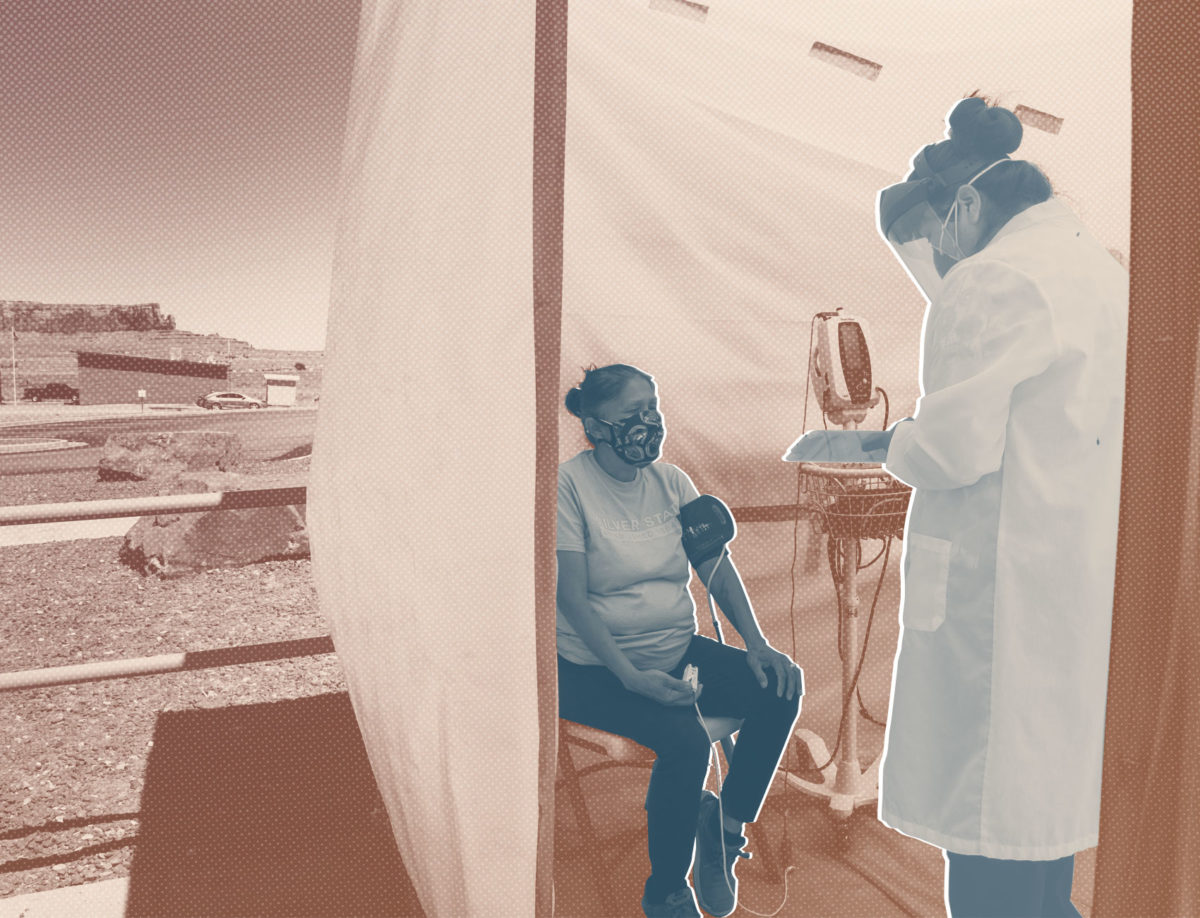
While 80 percent of state health departments are recording race as part of their COVID-19 statistics, around half are not including Natives and are simply labeling them as “other.”